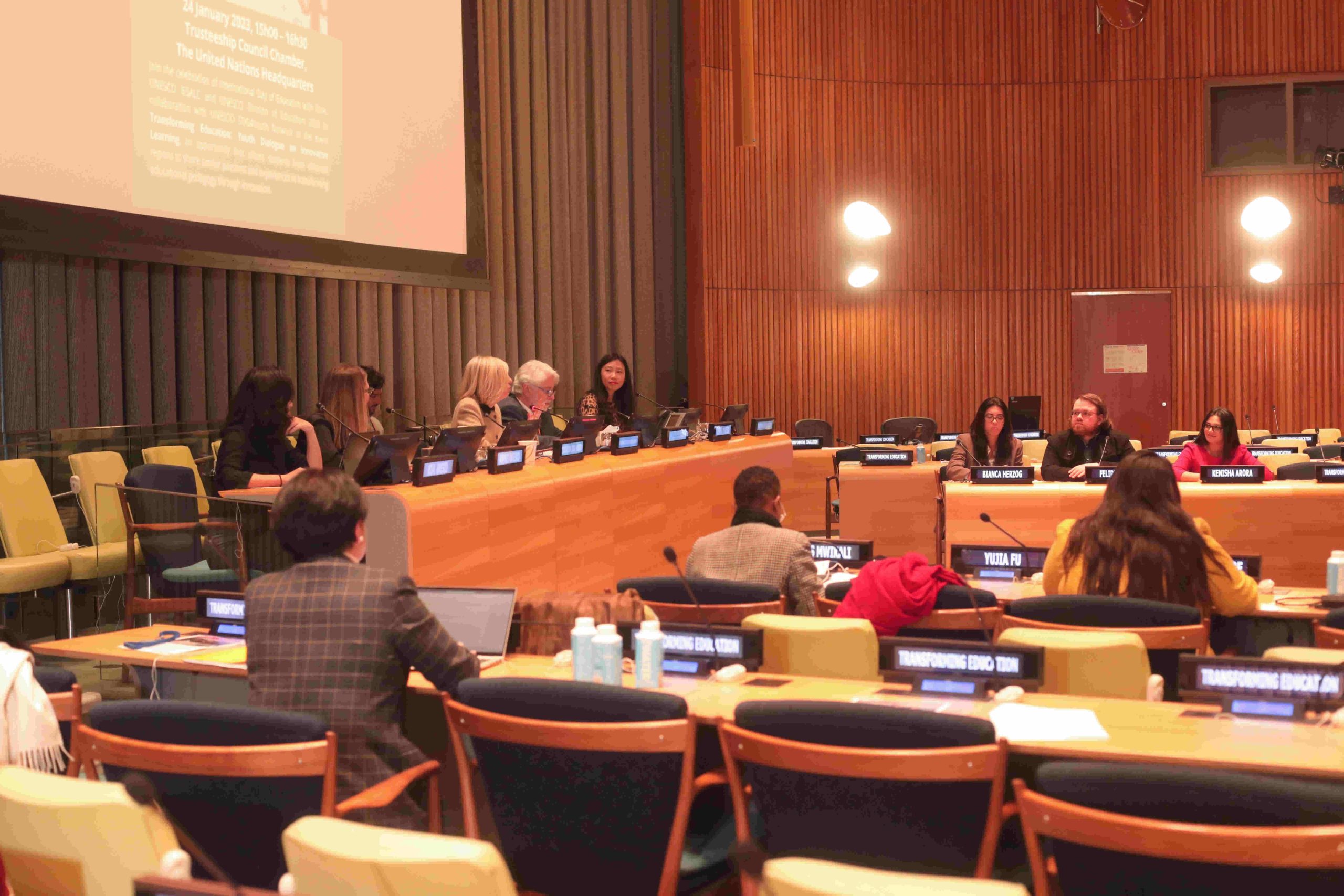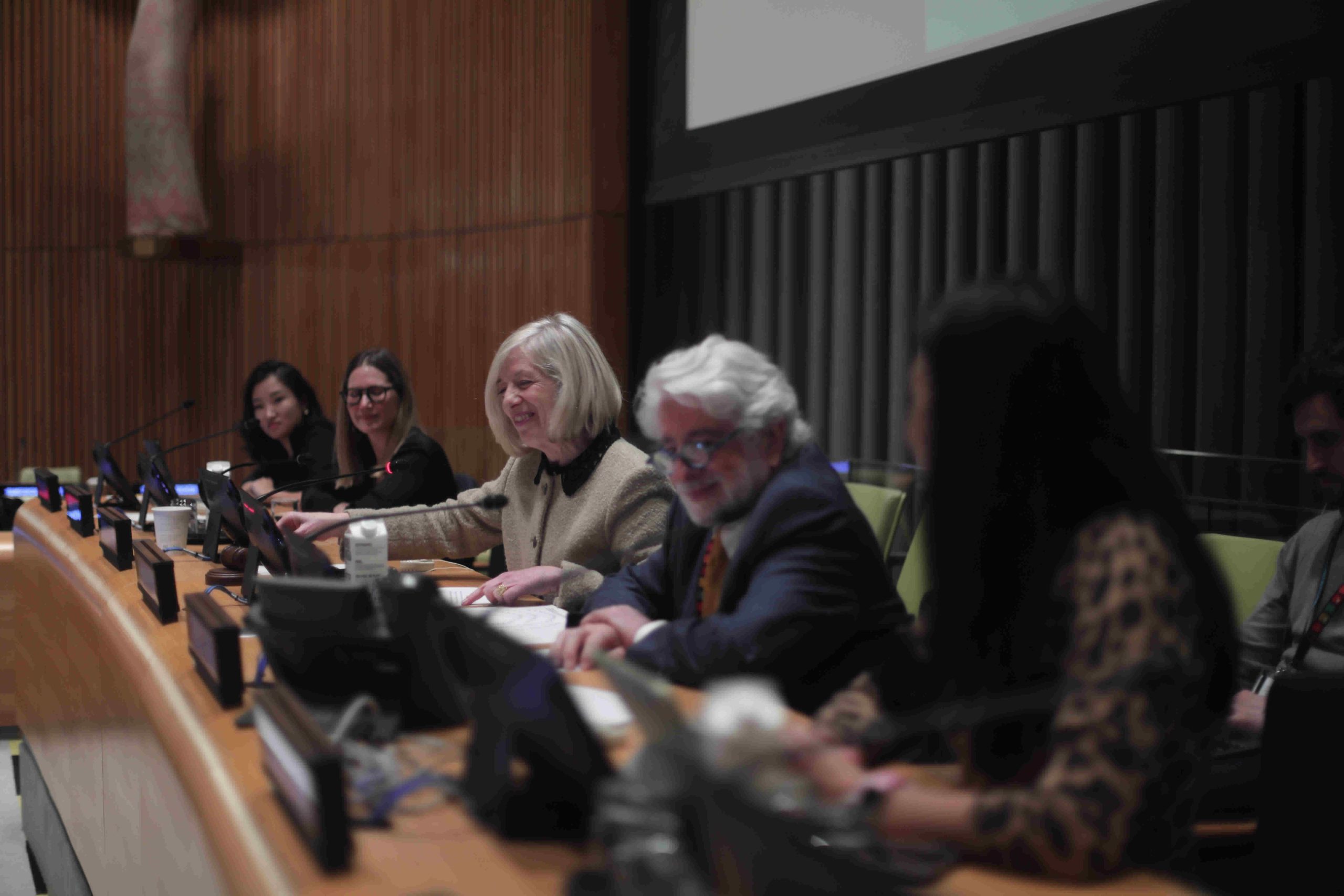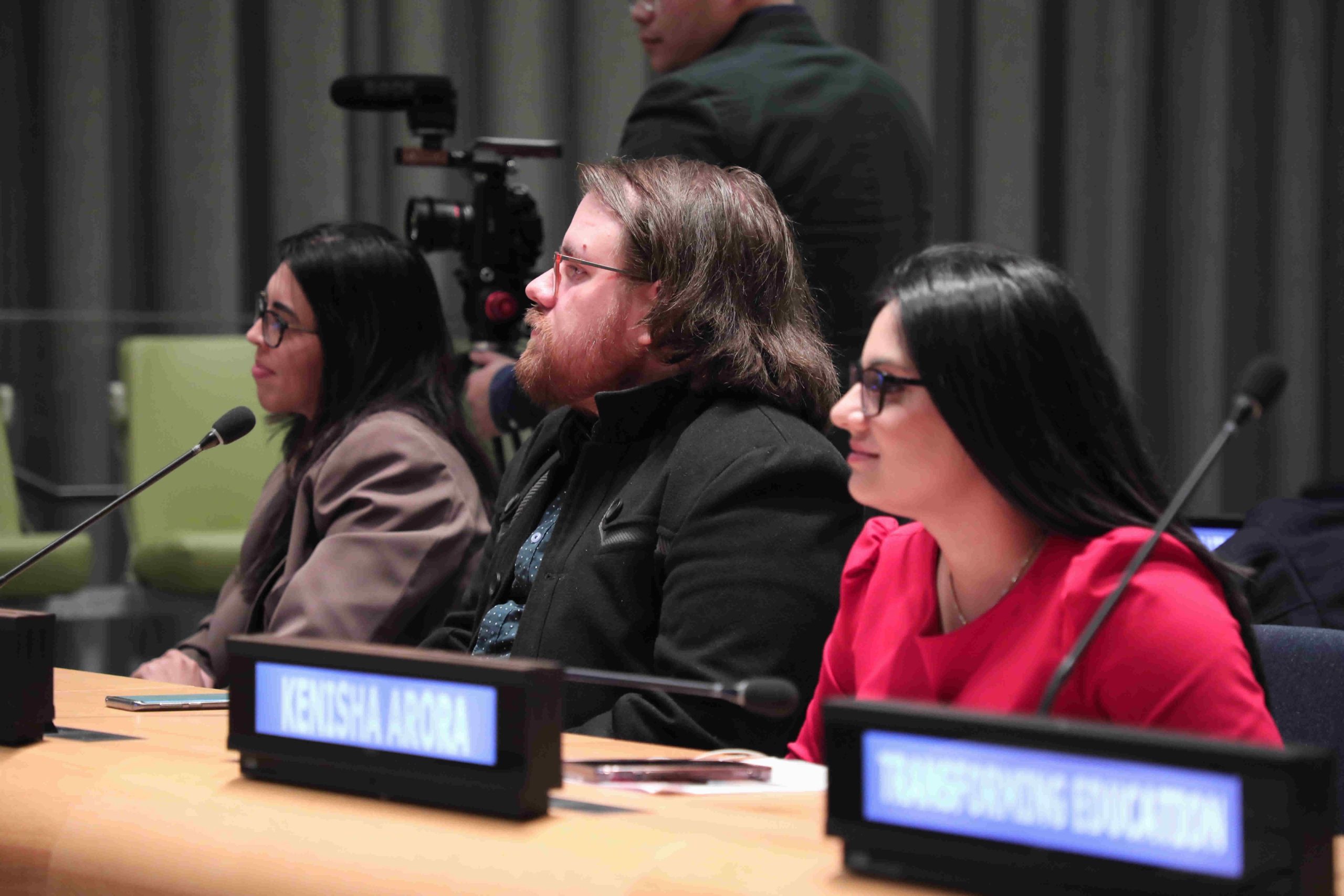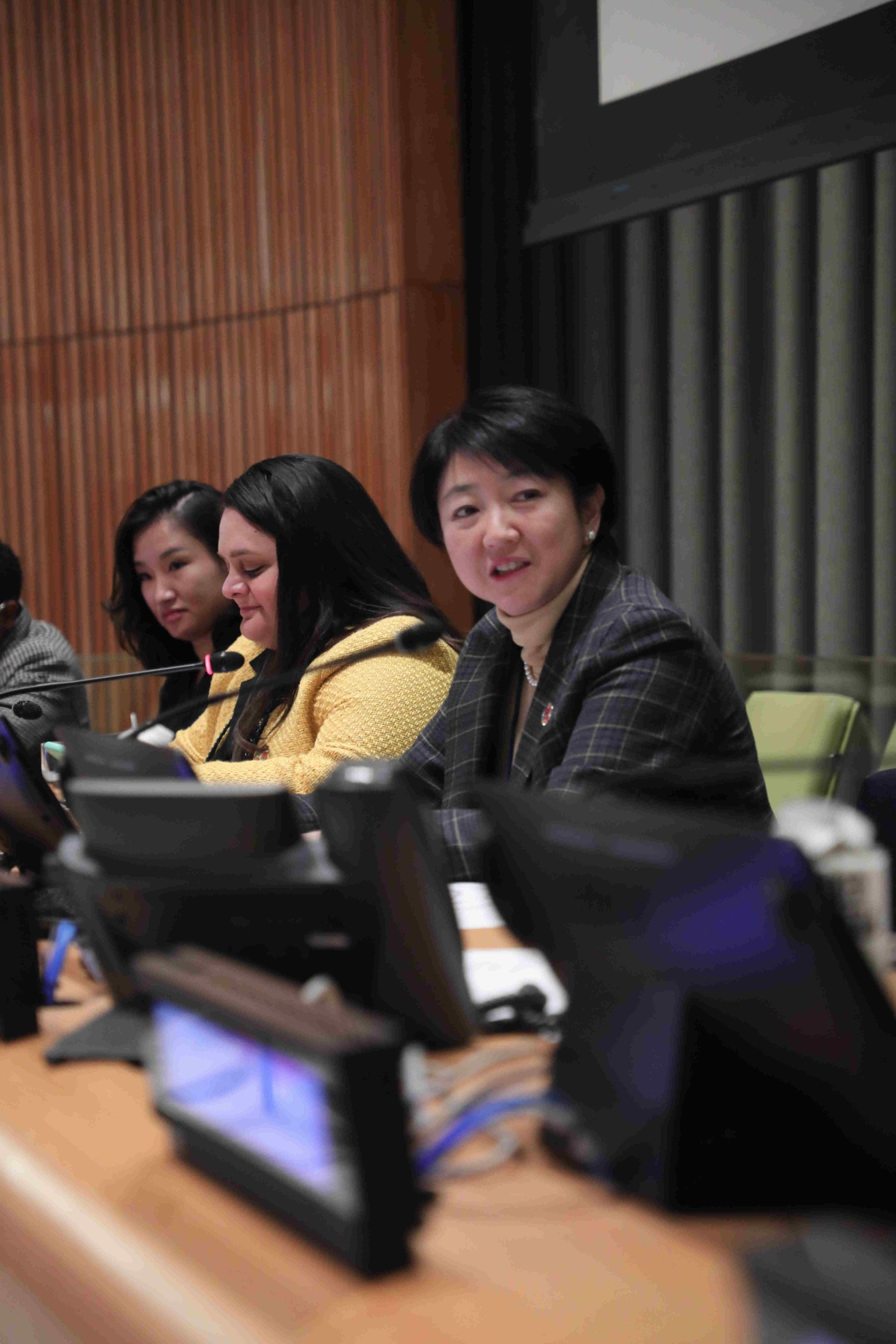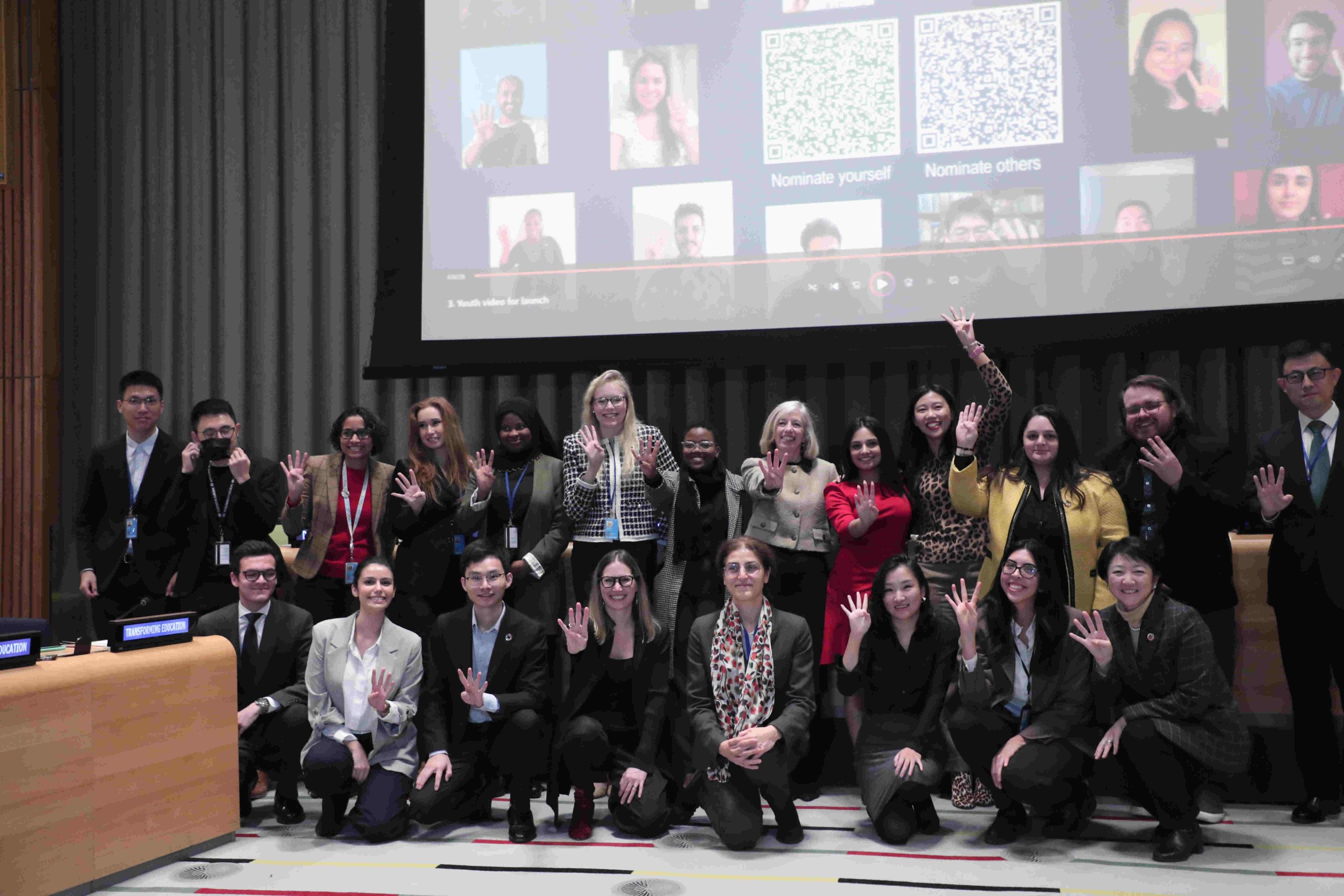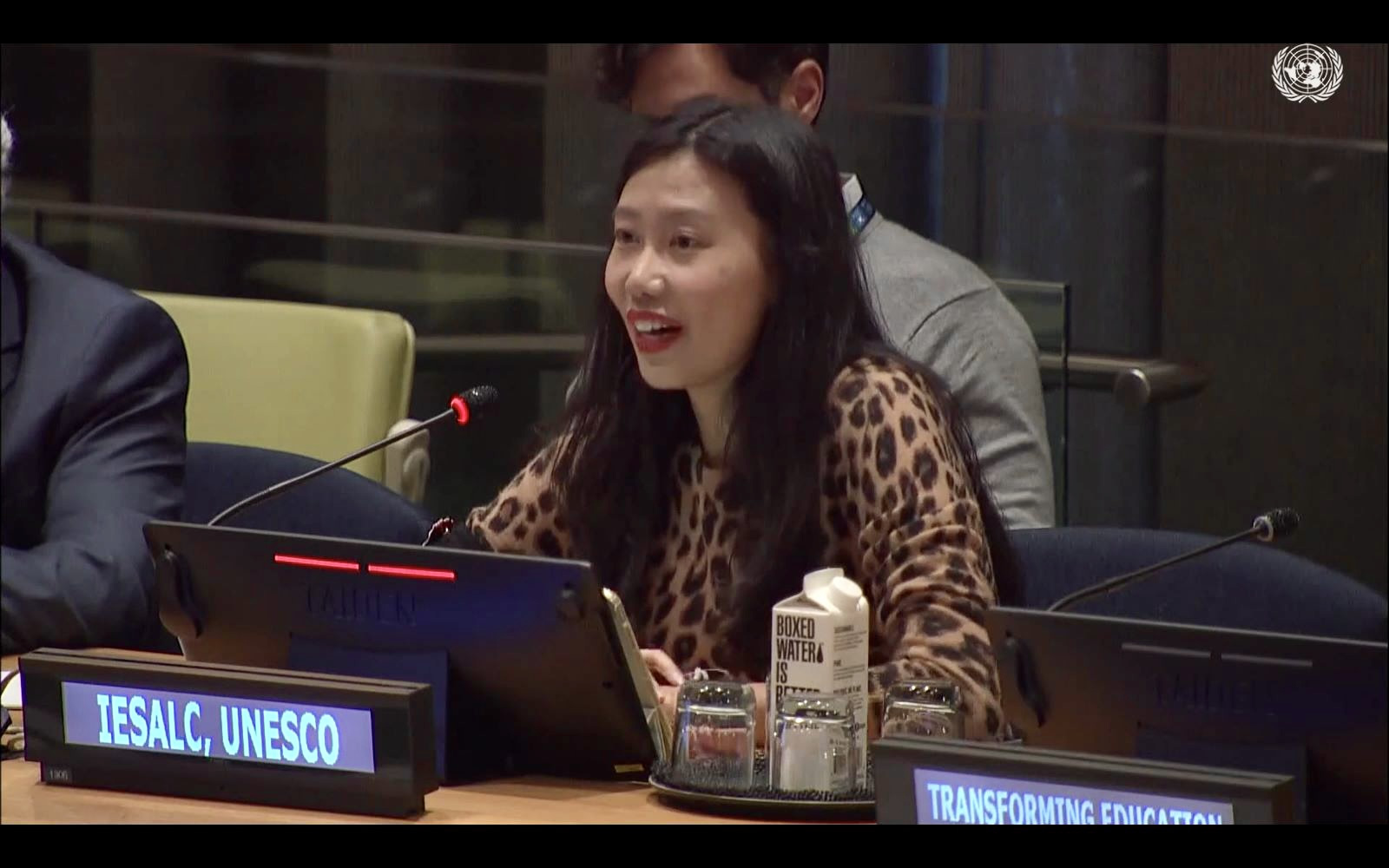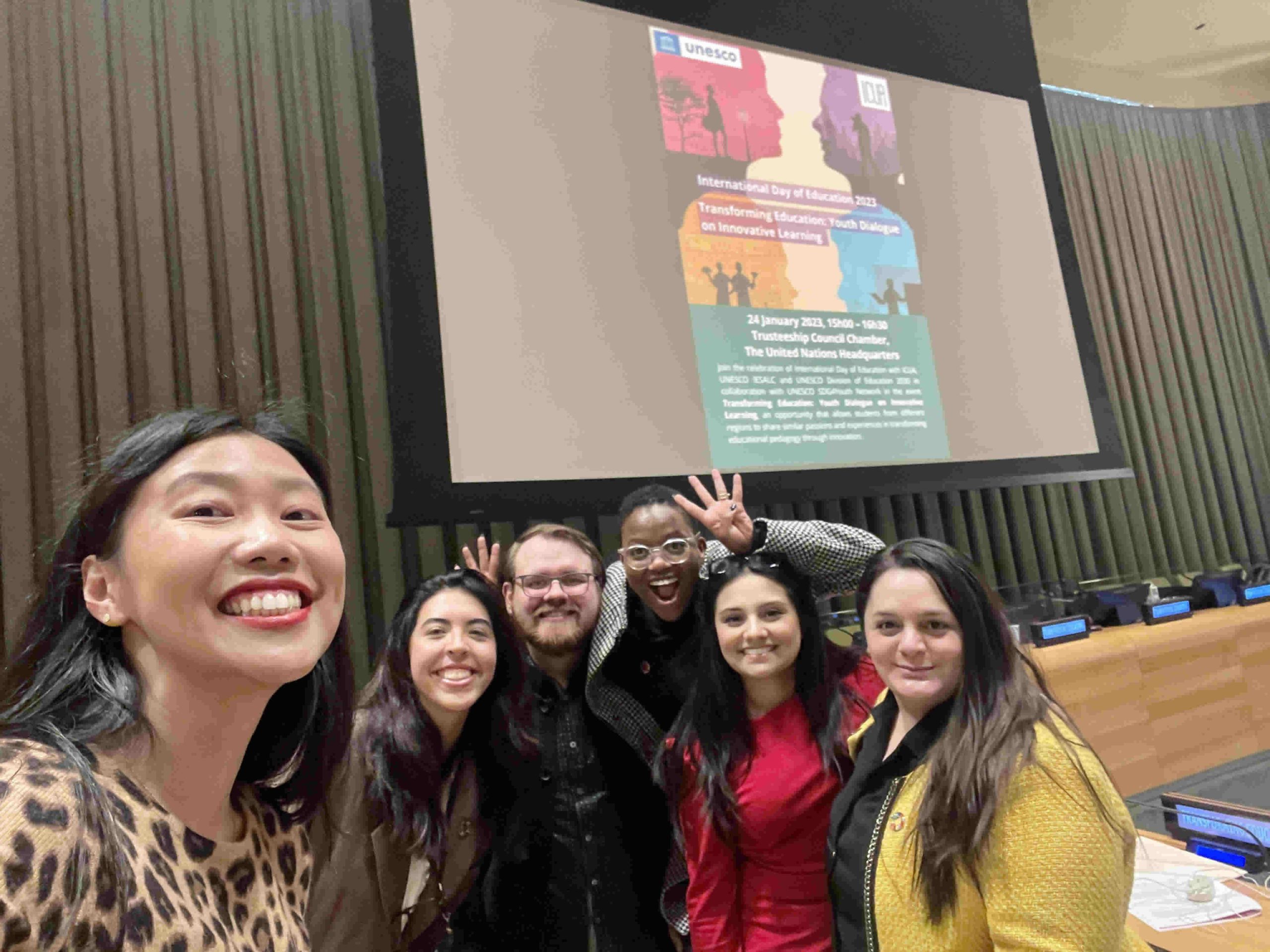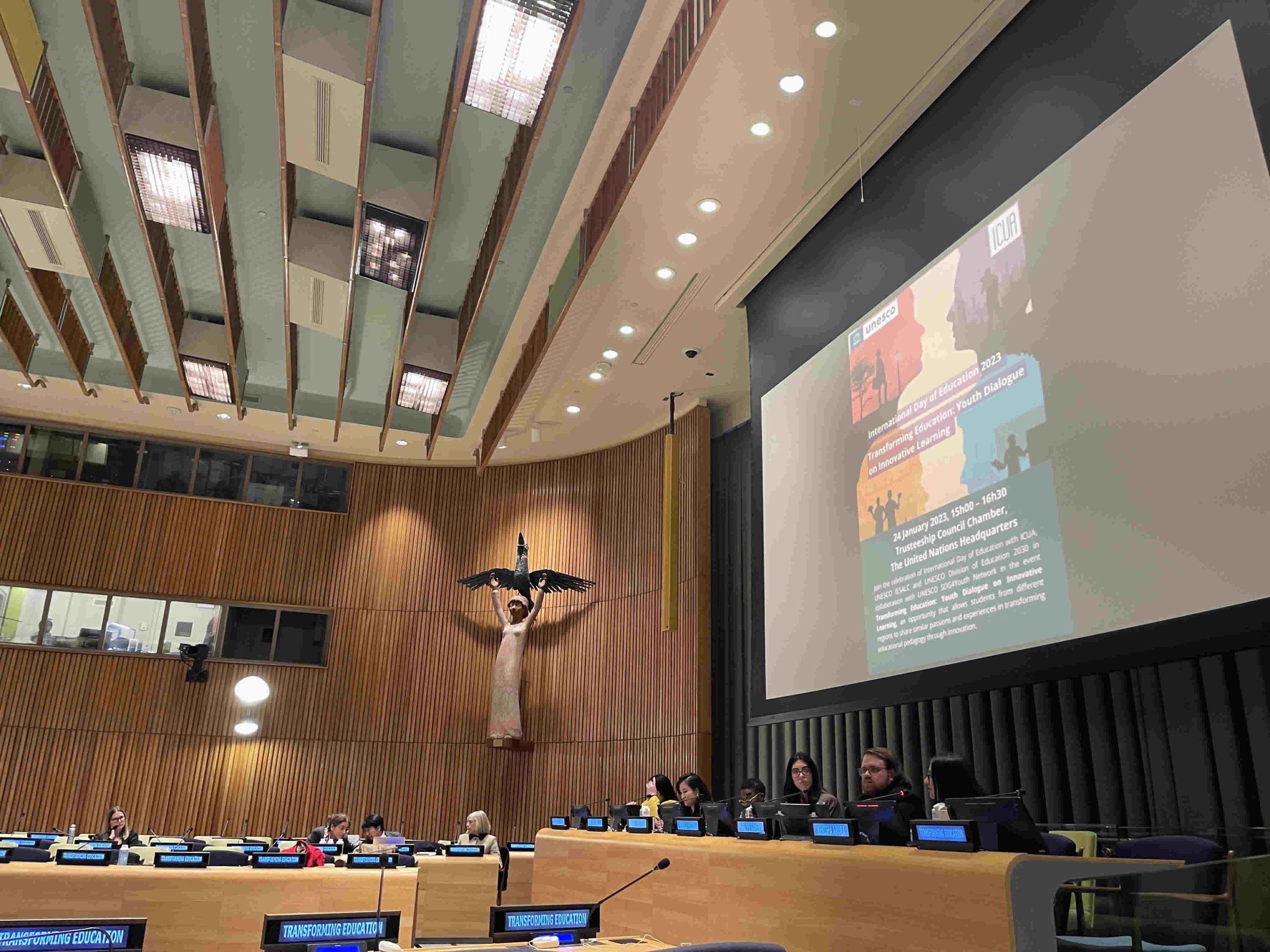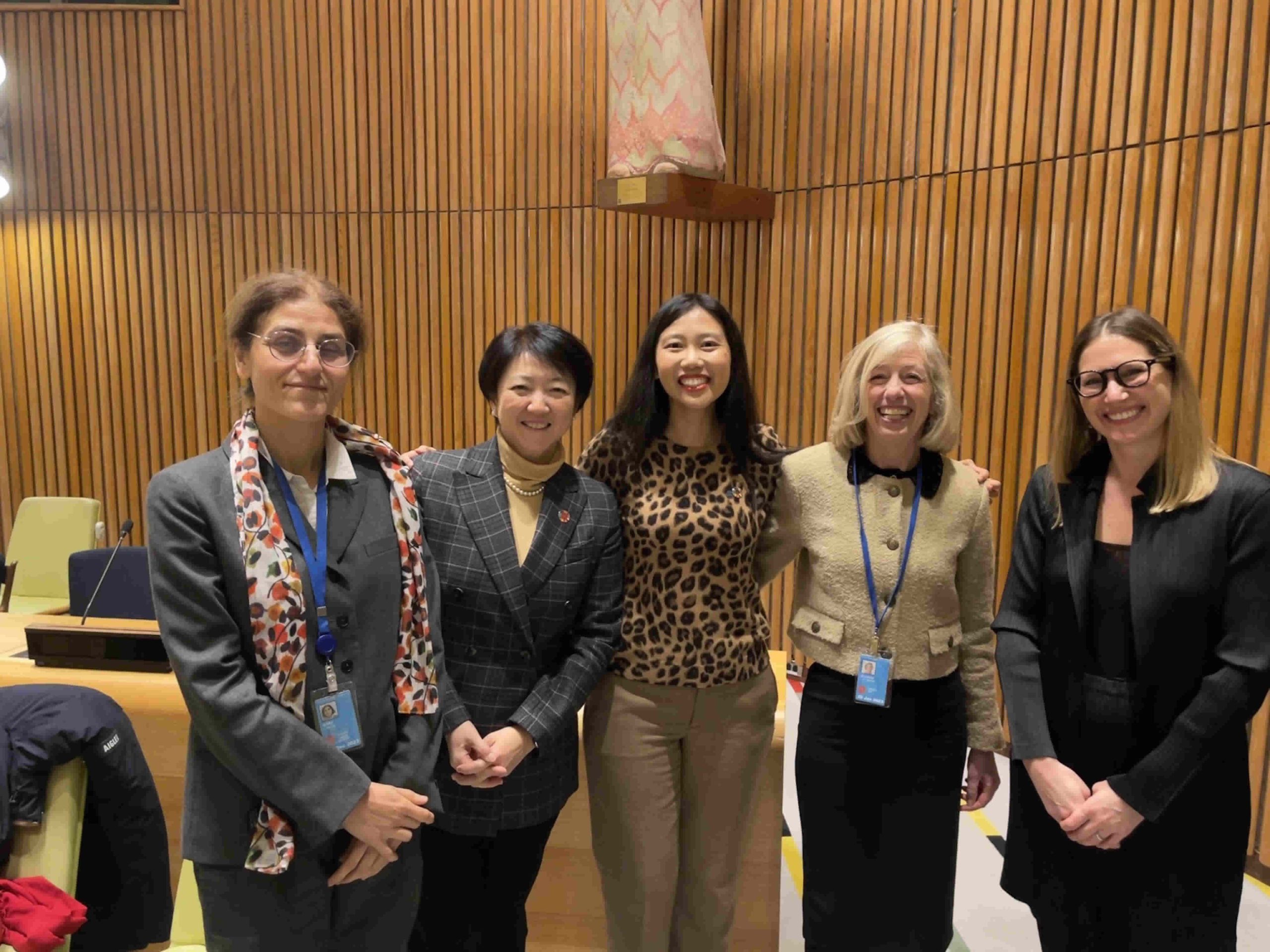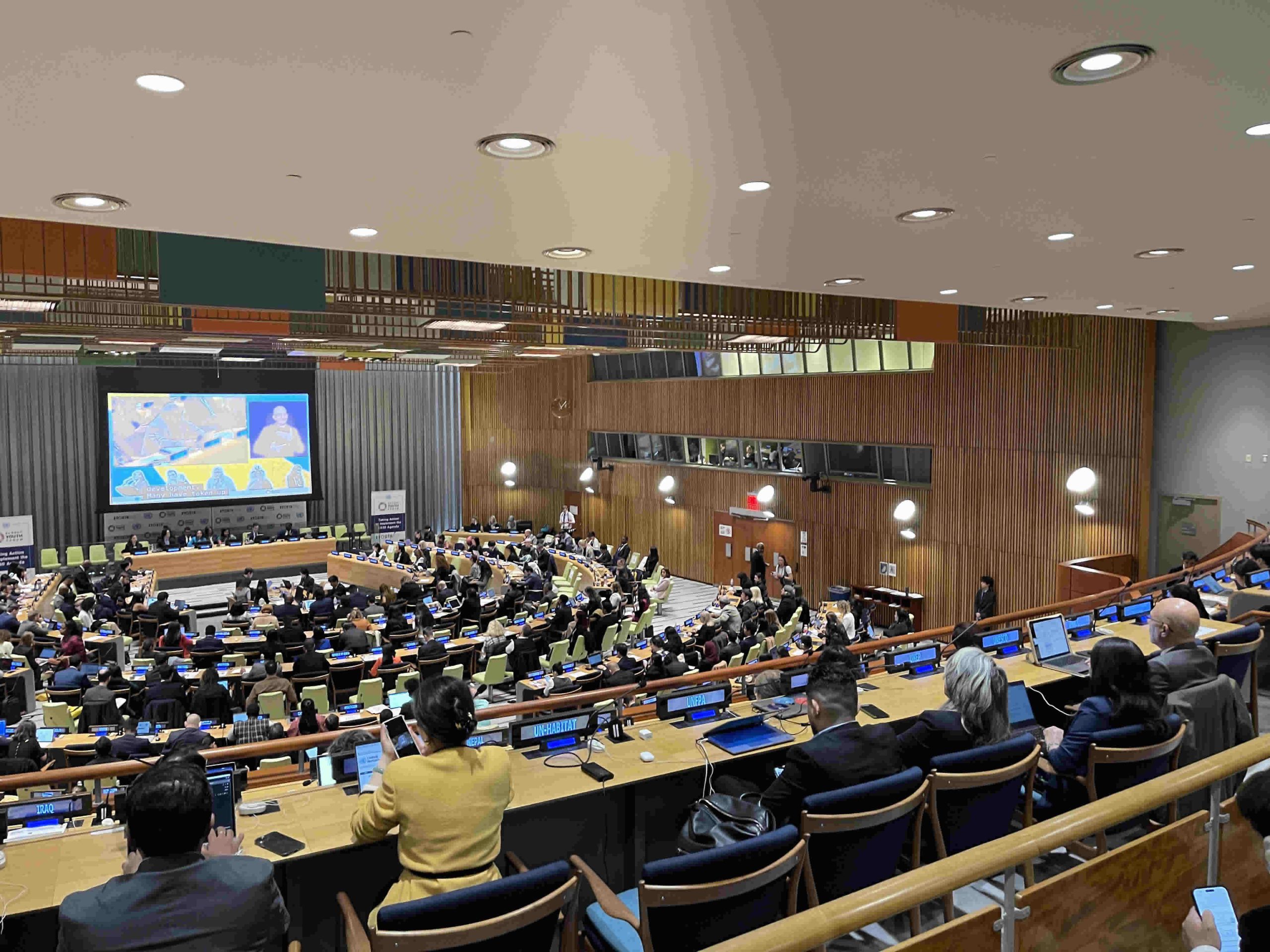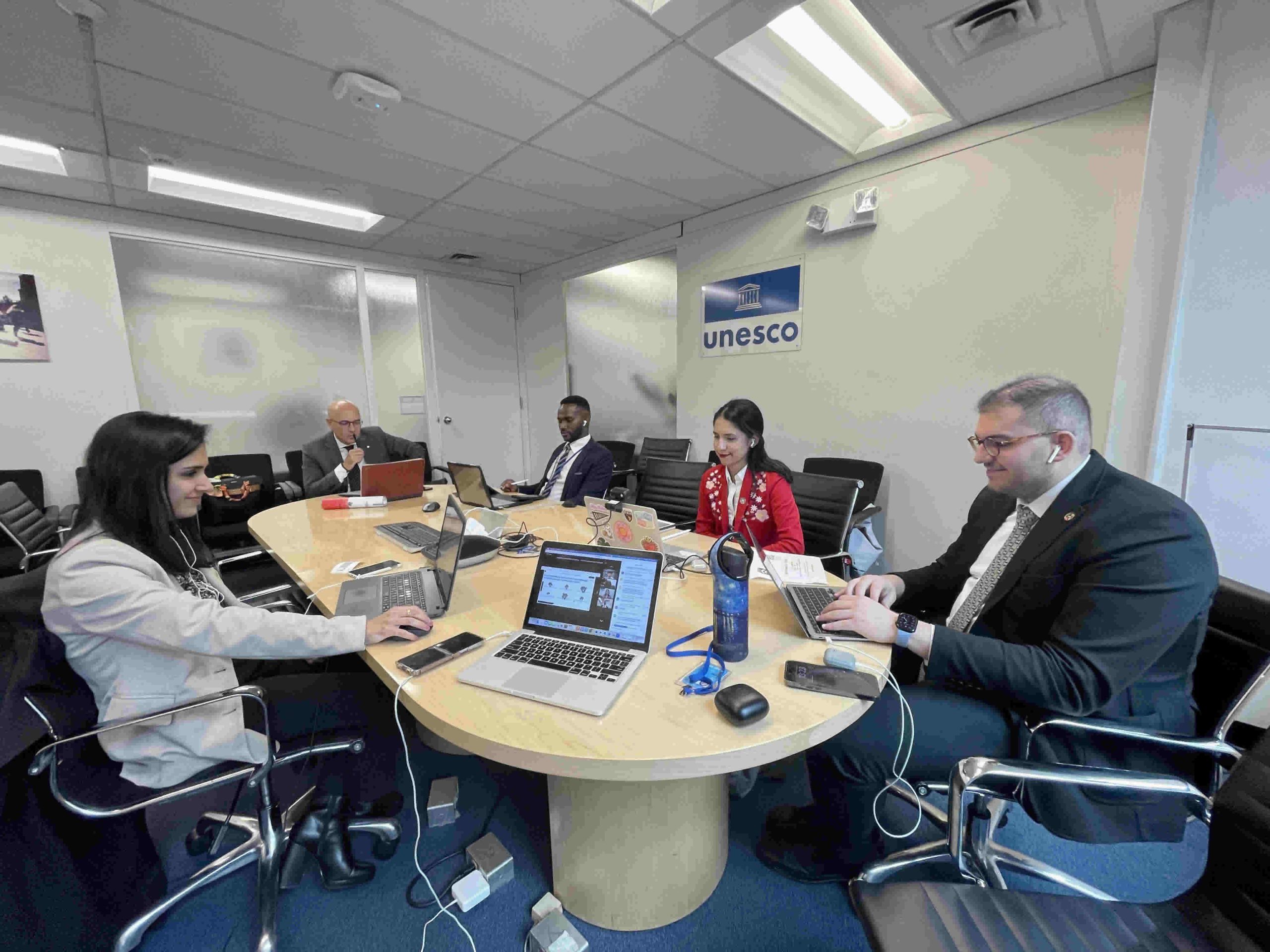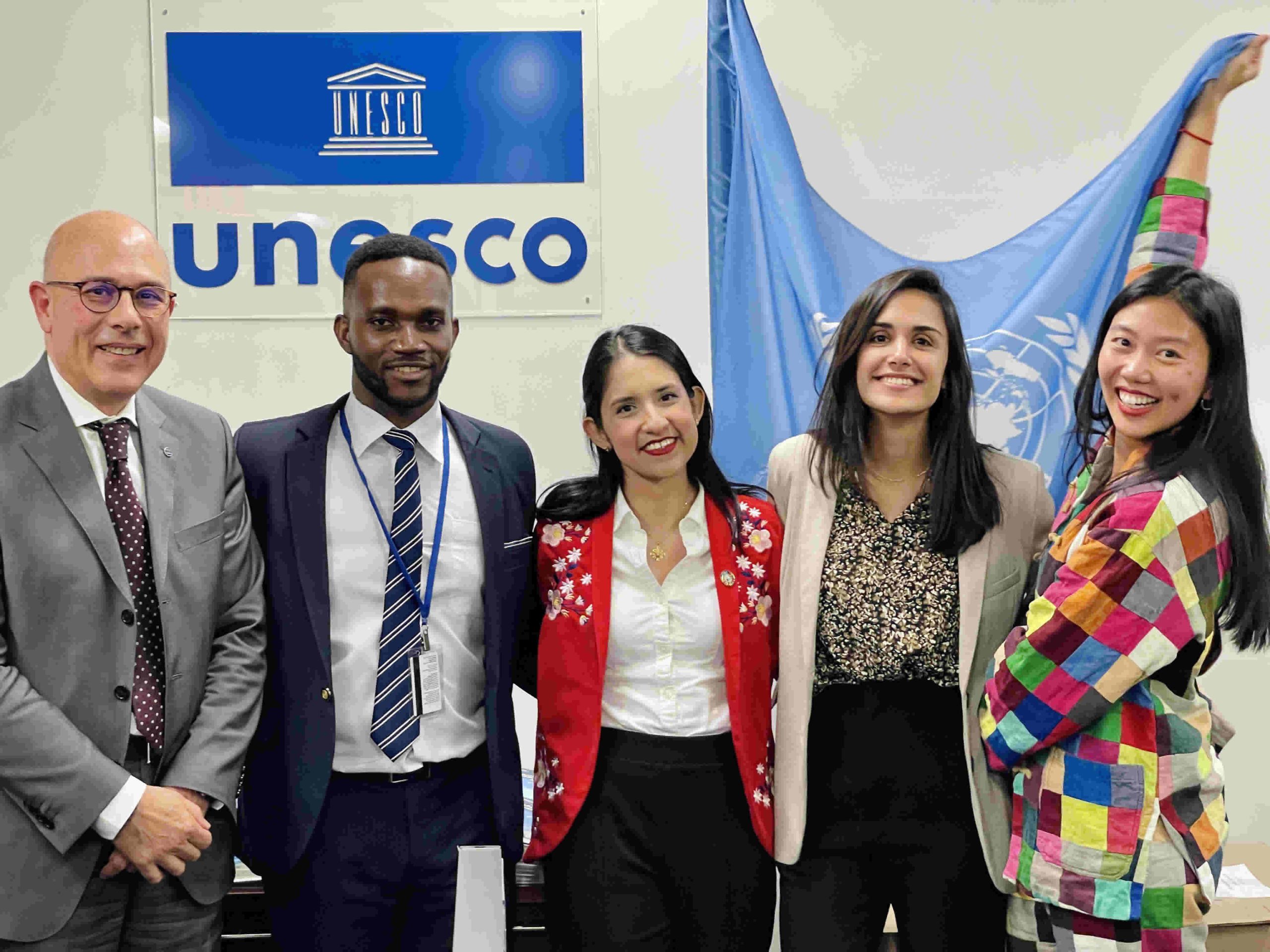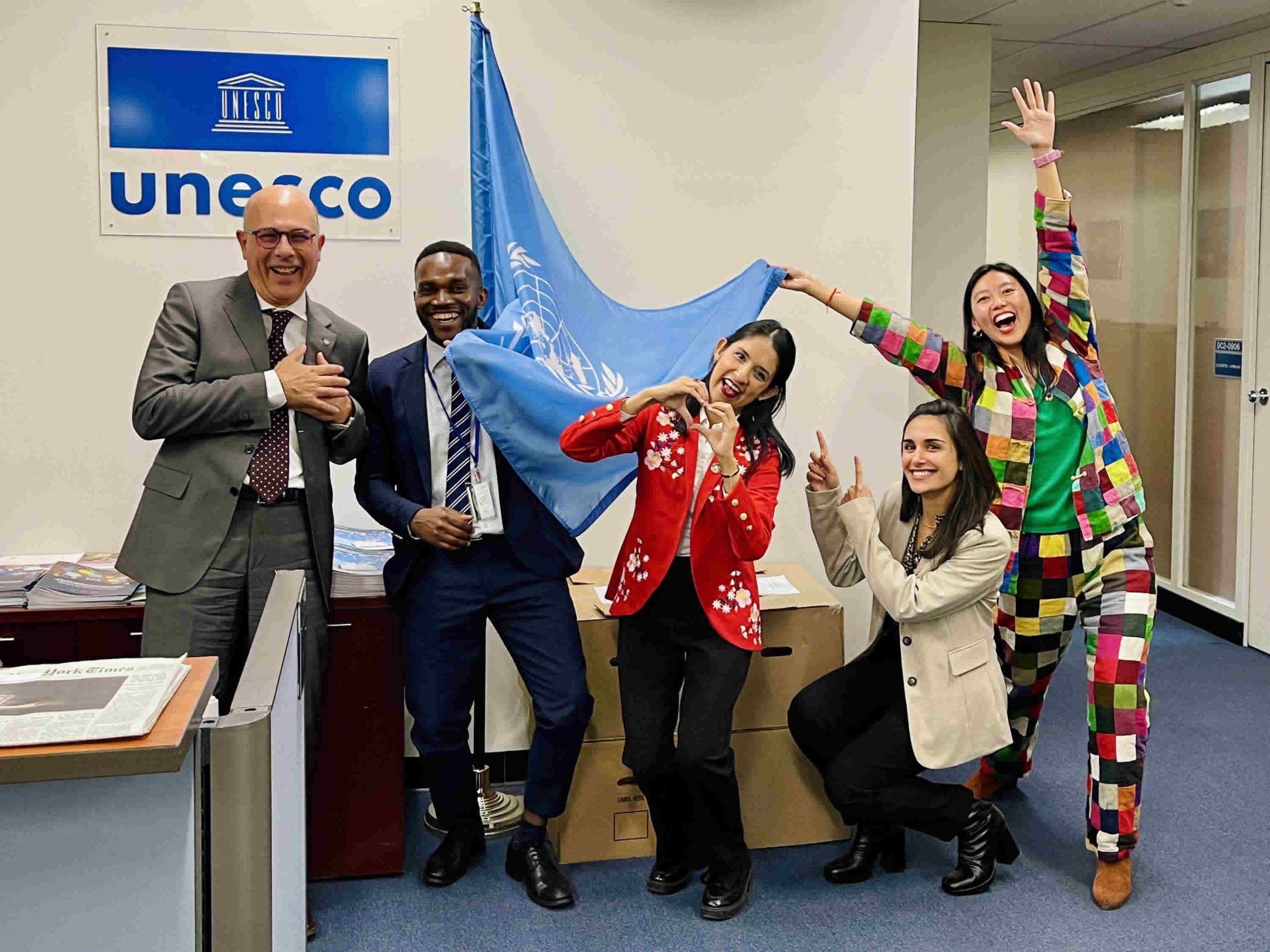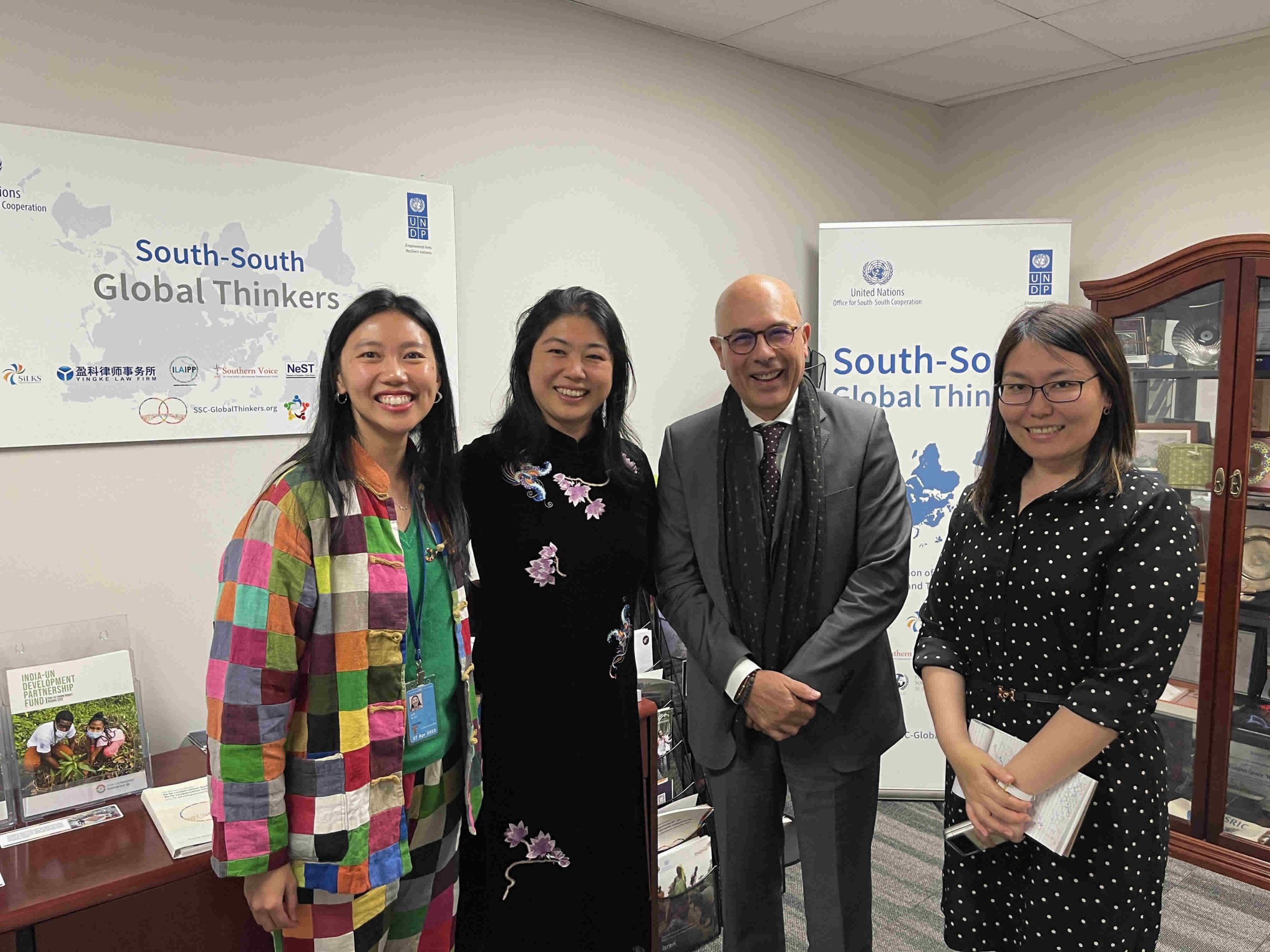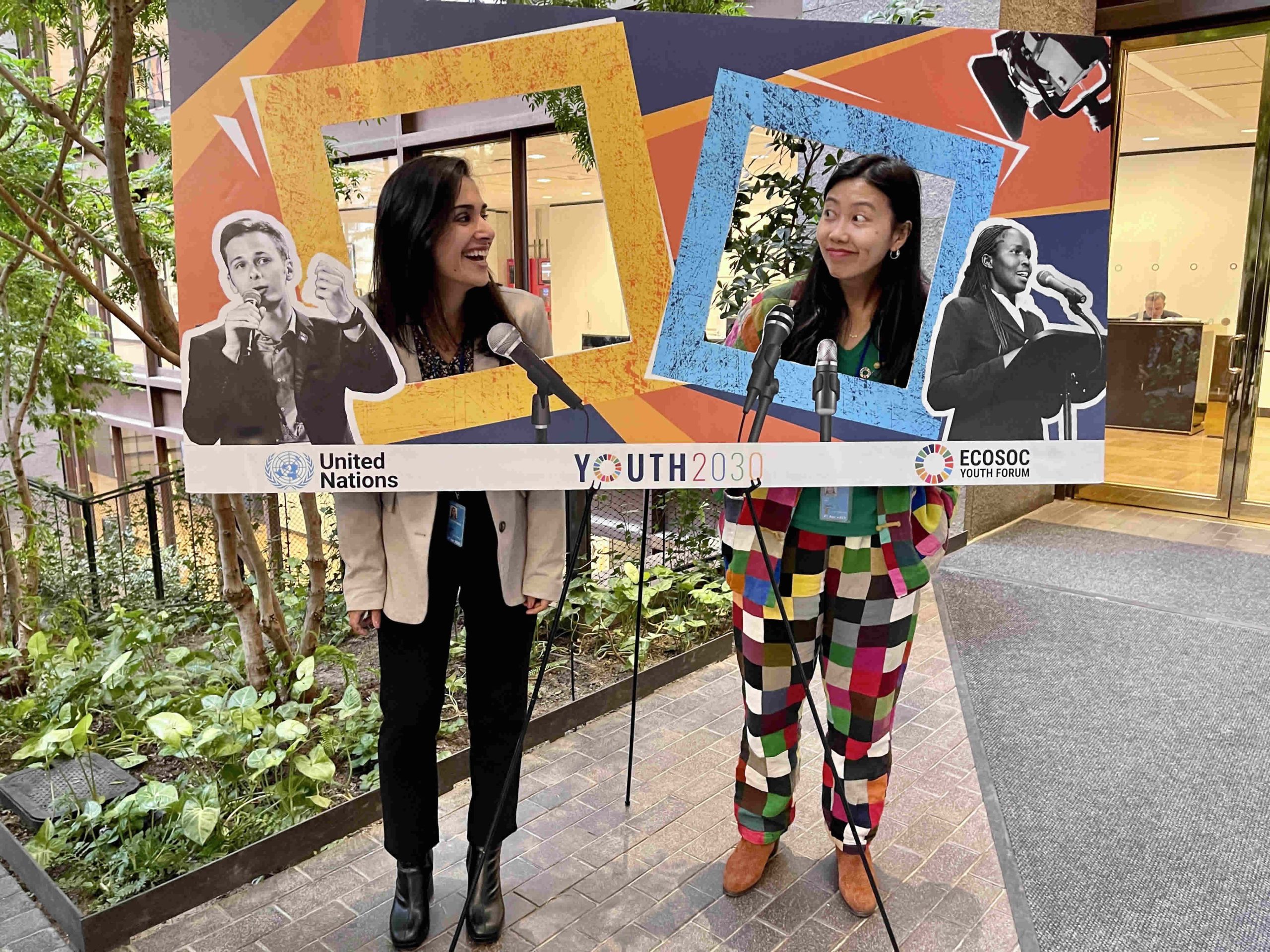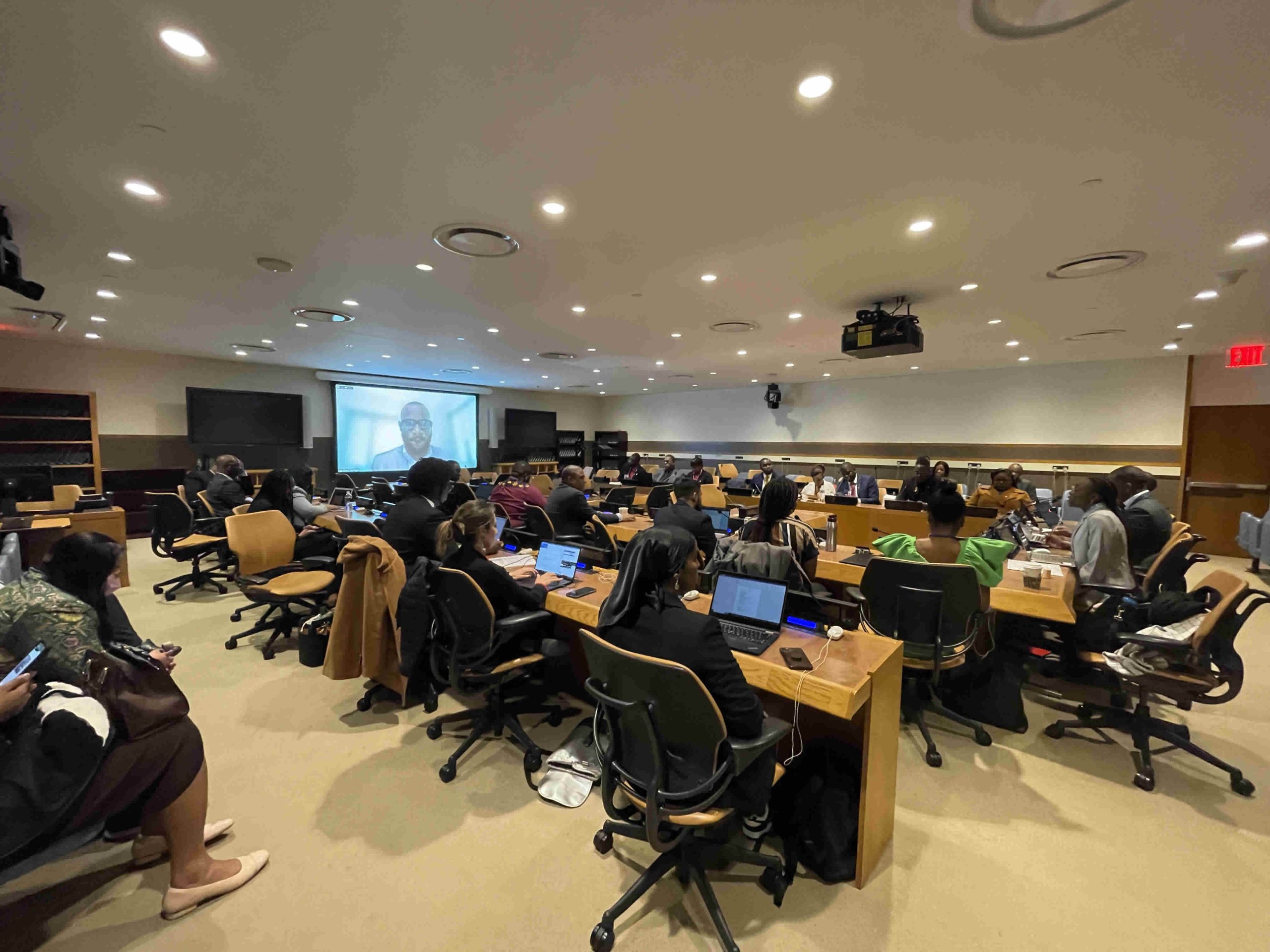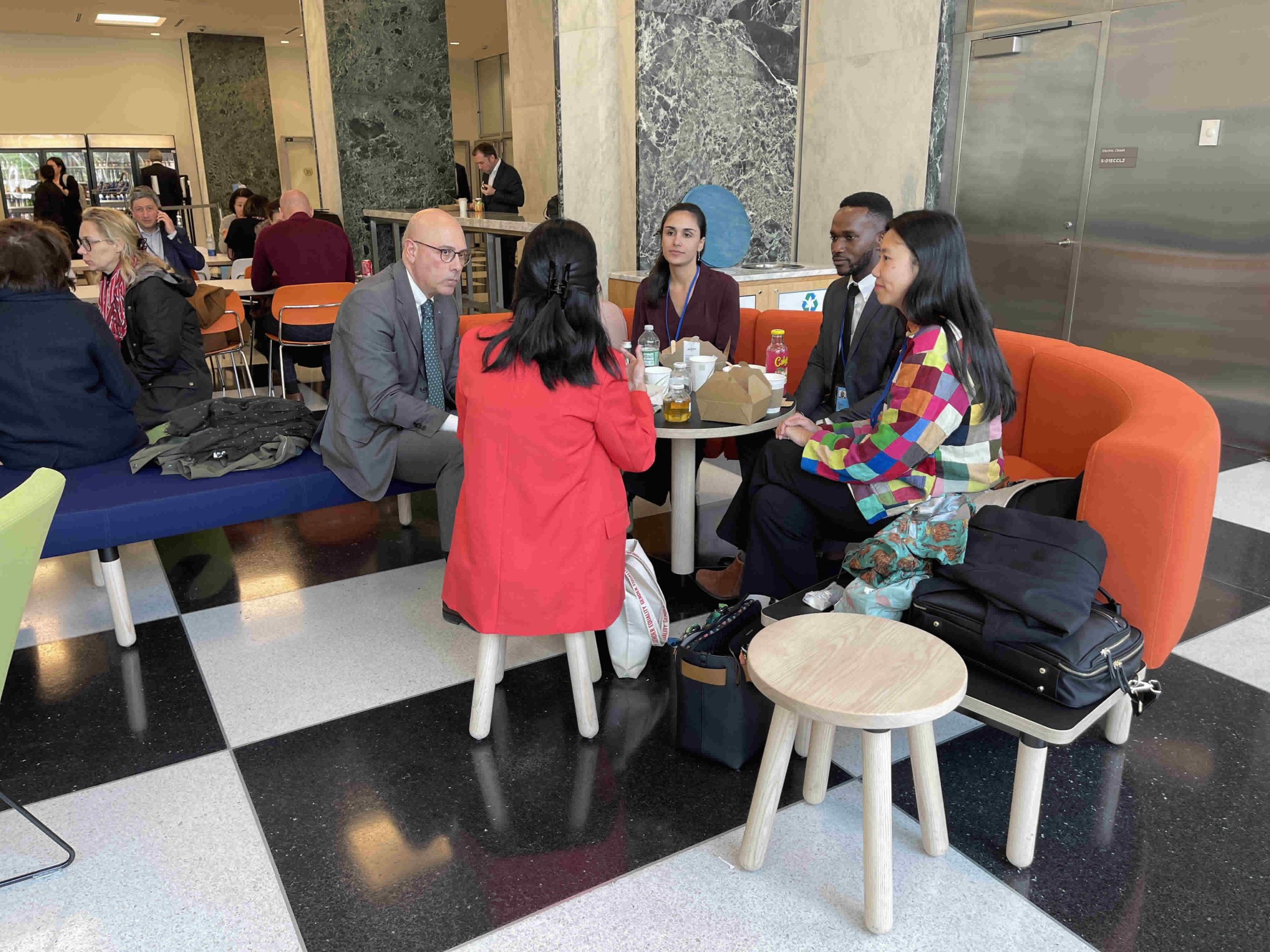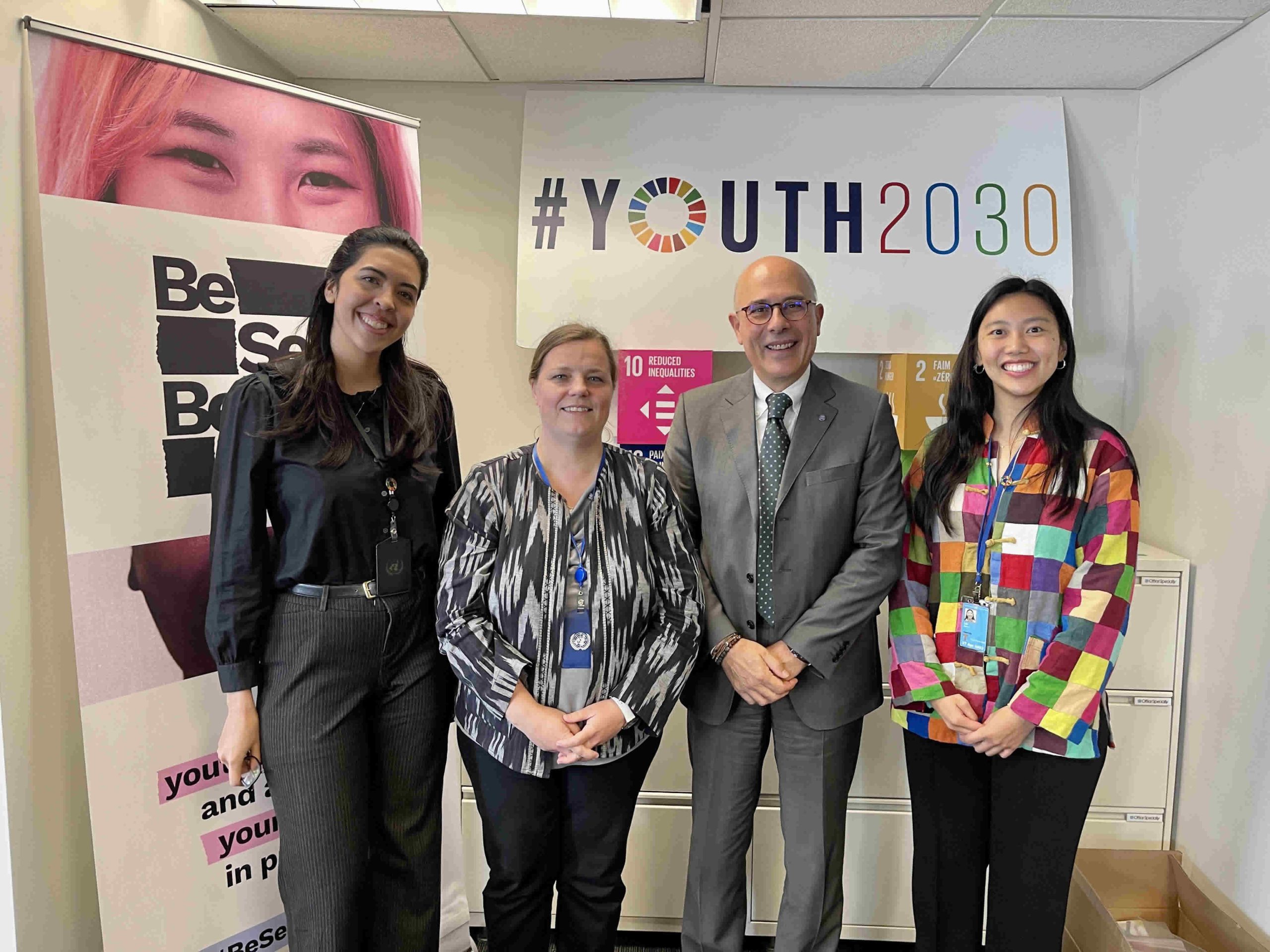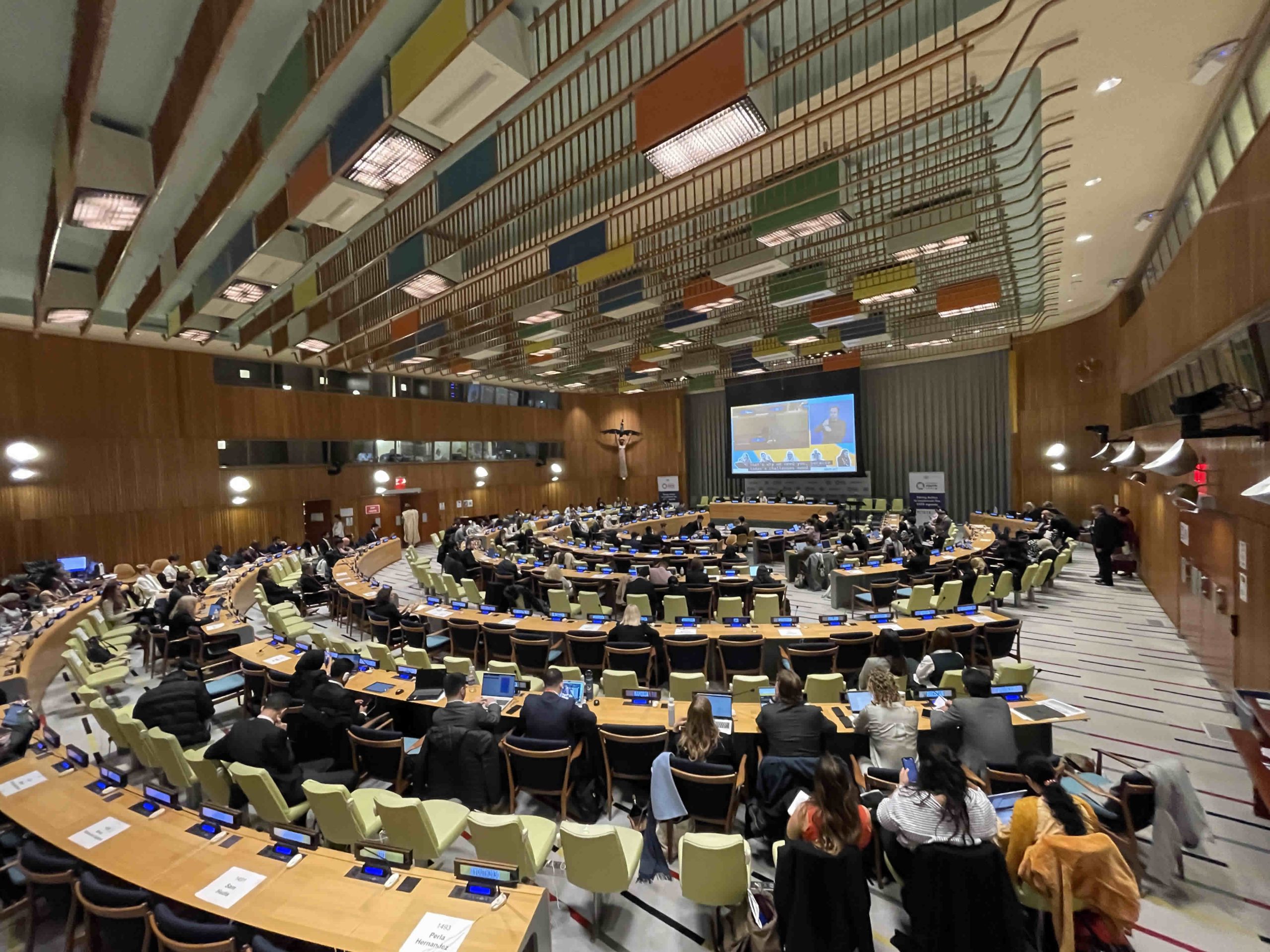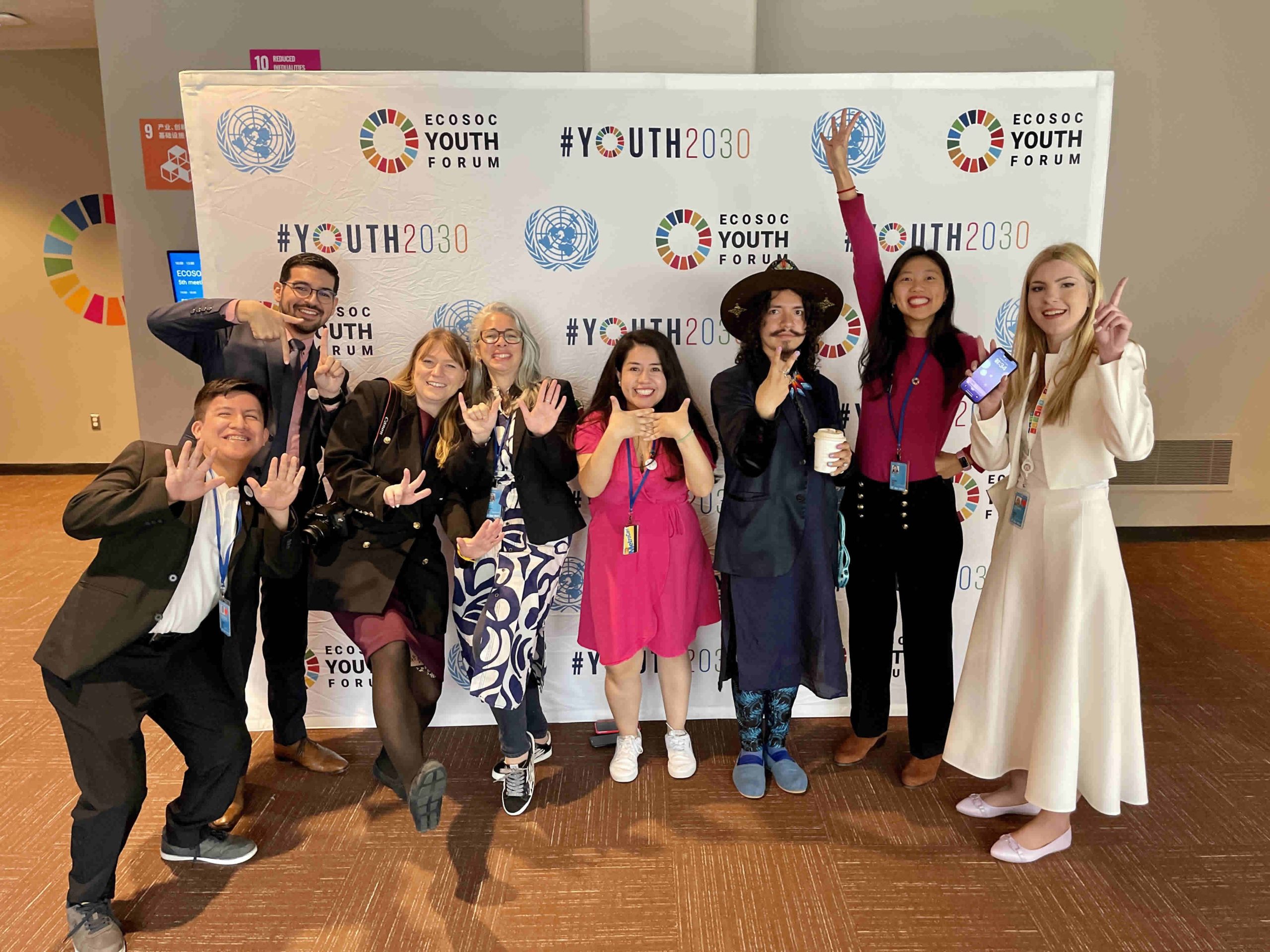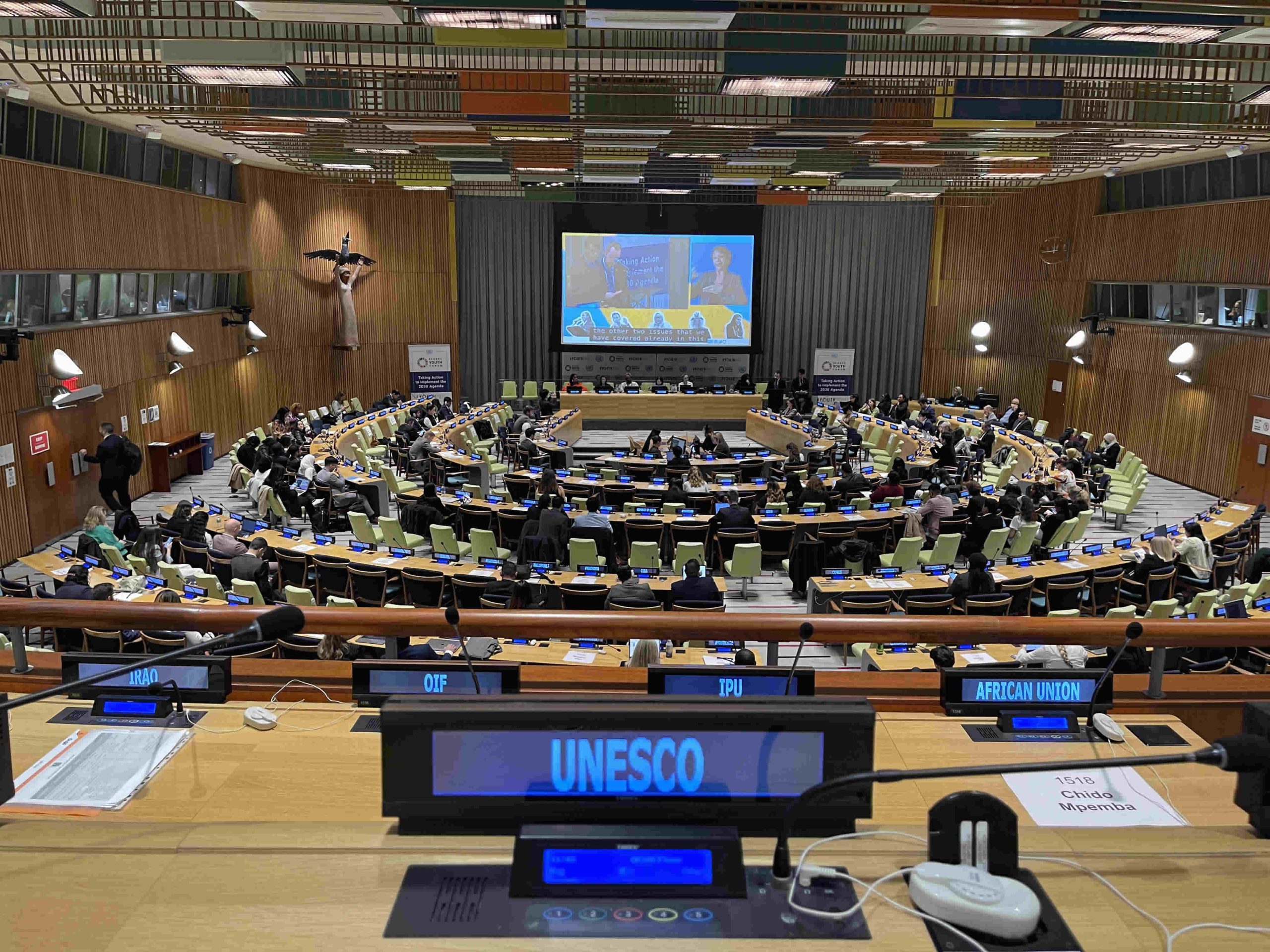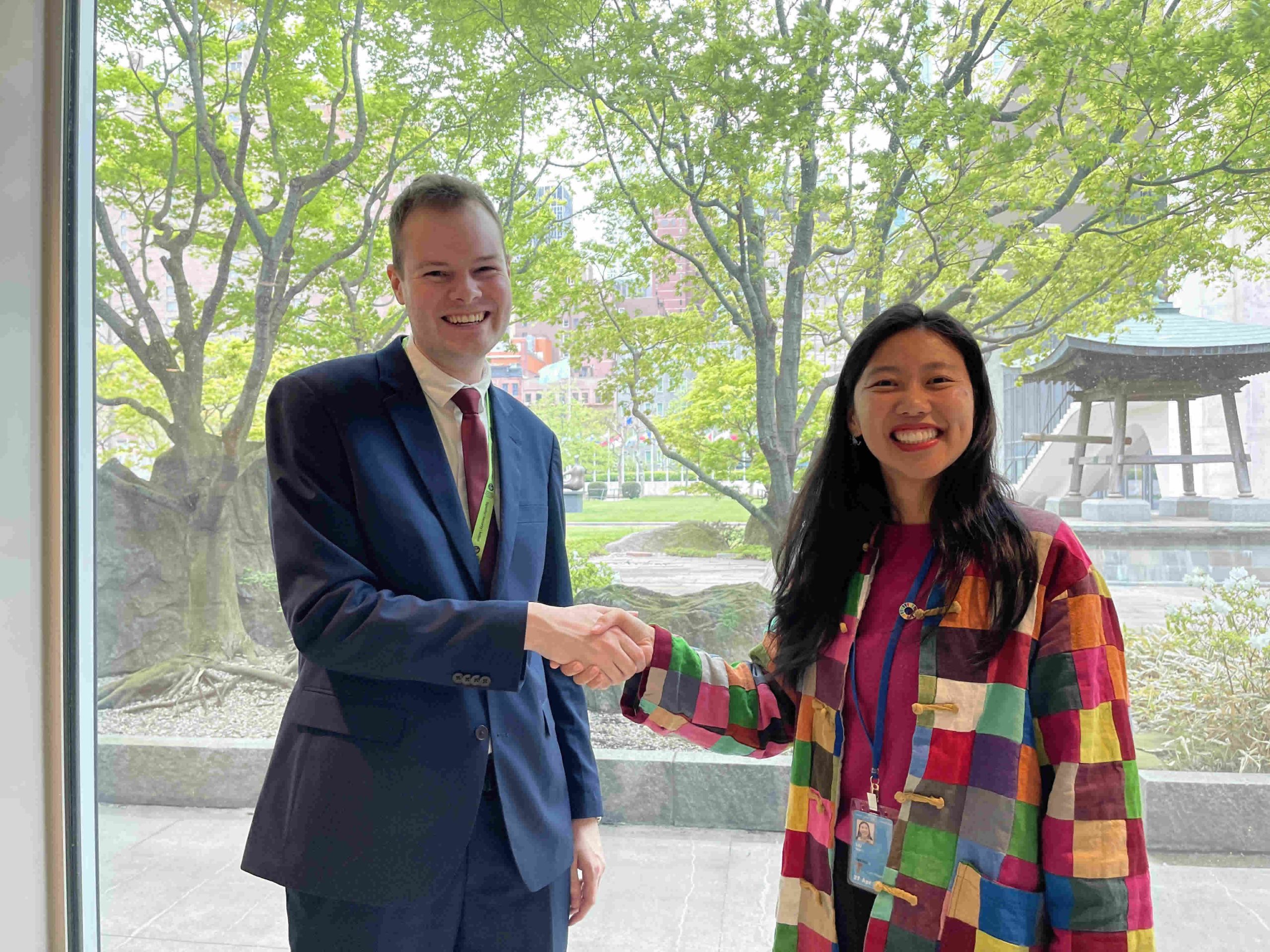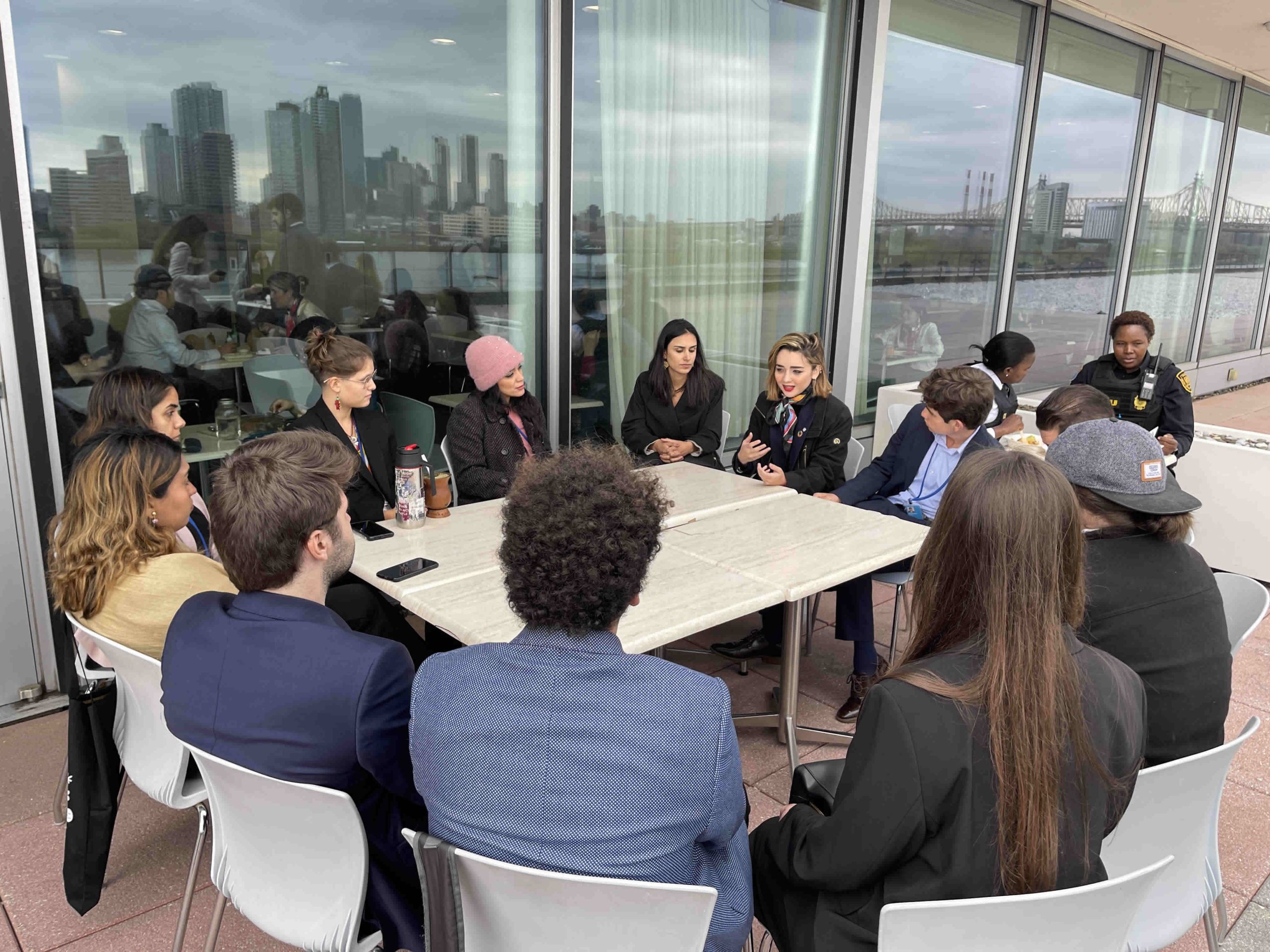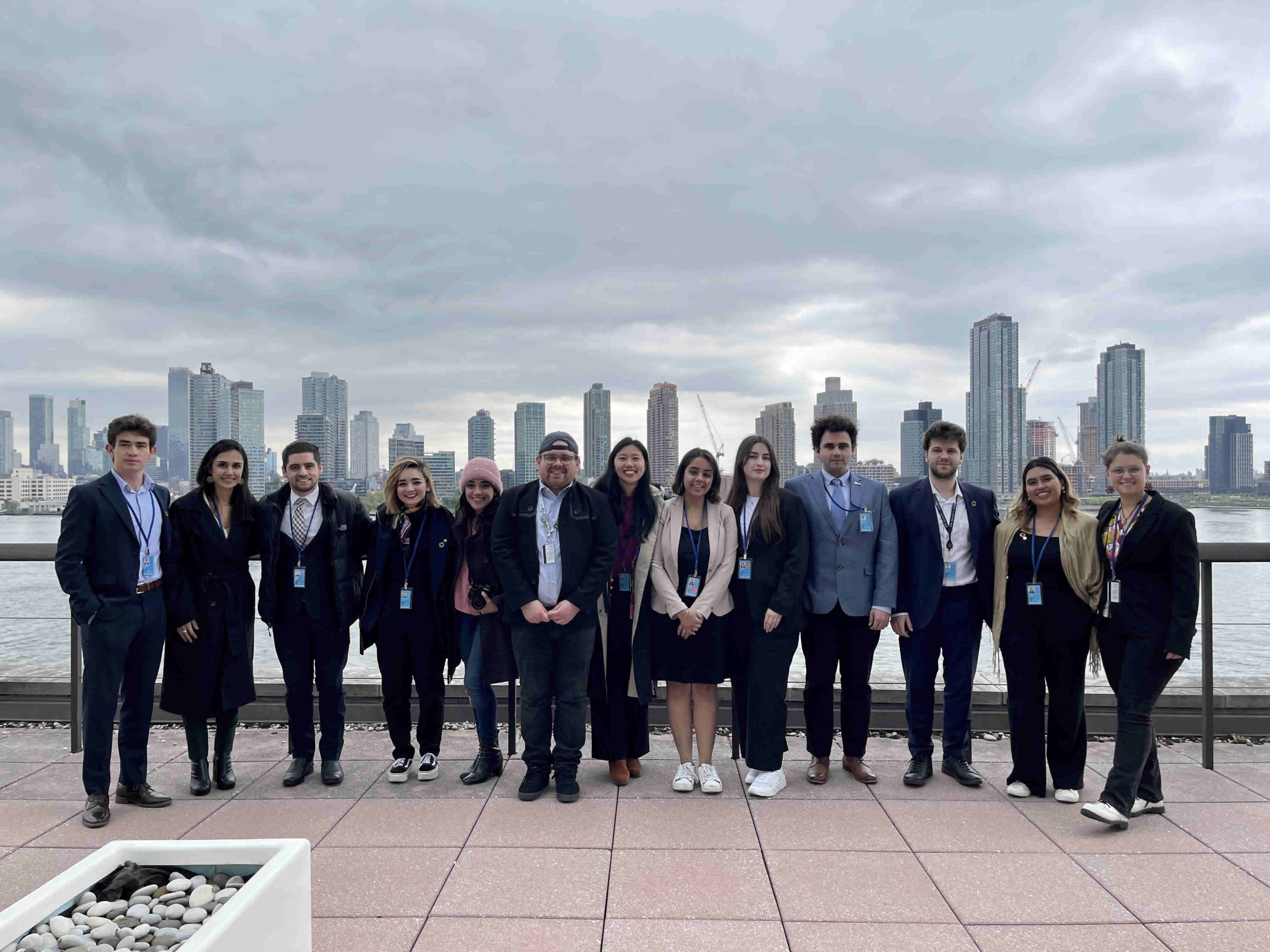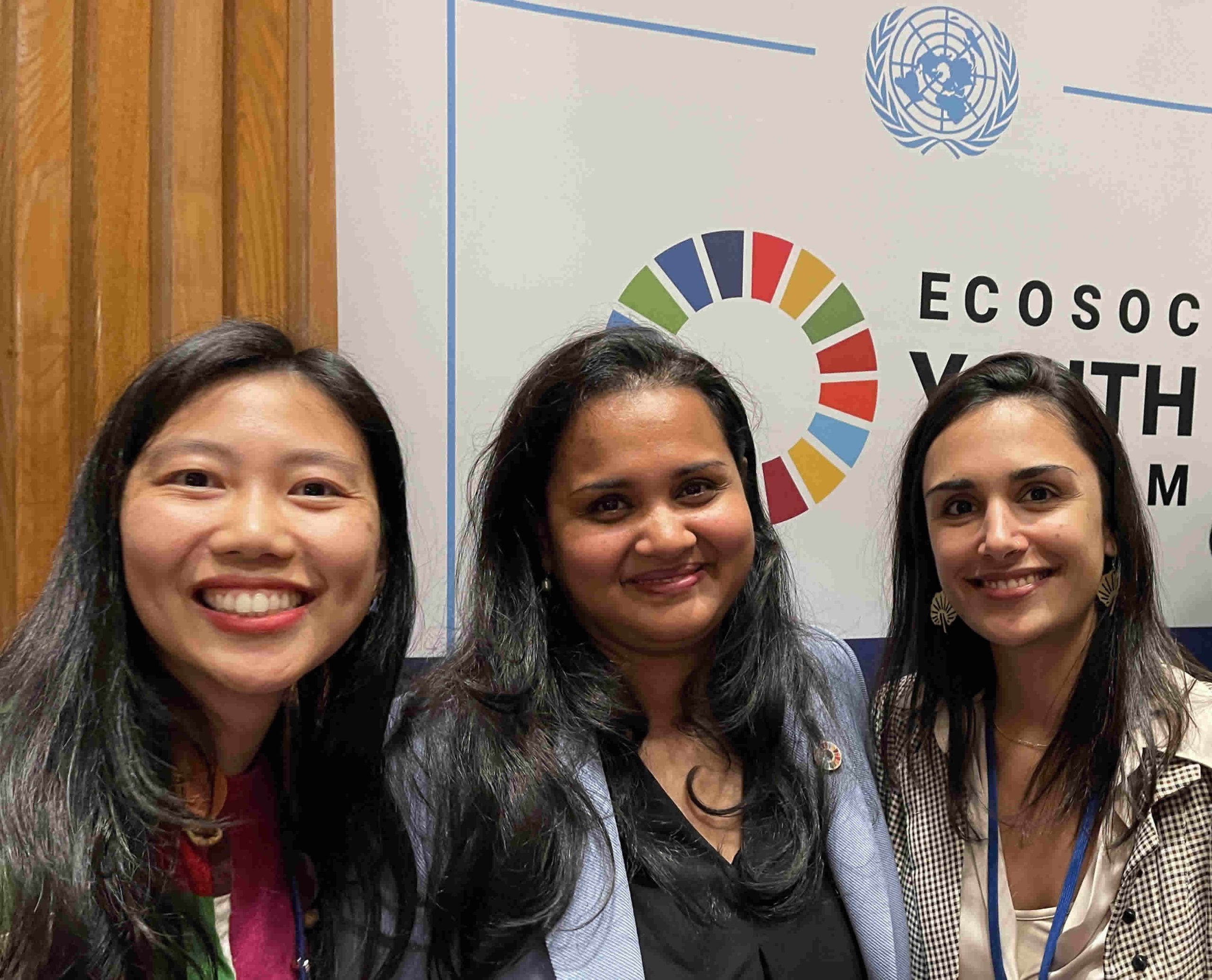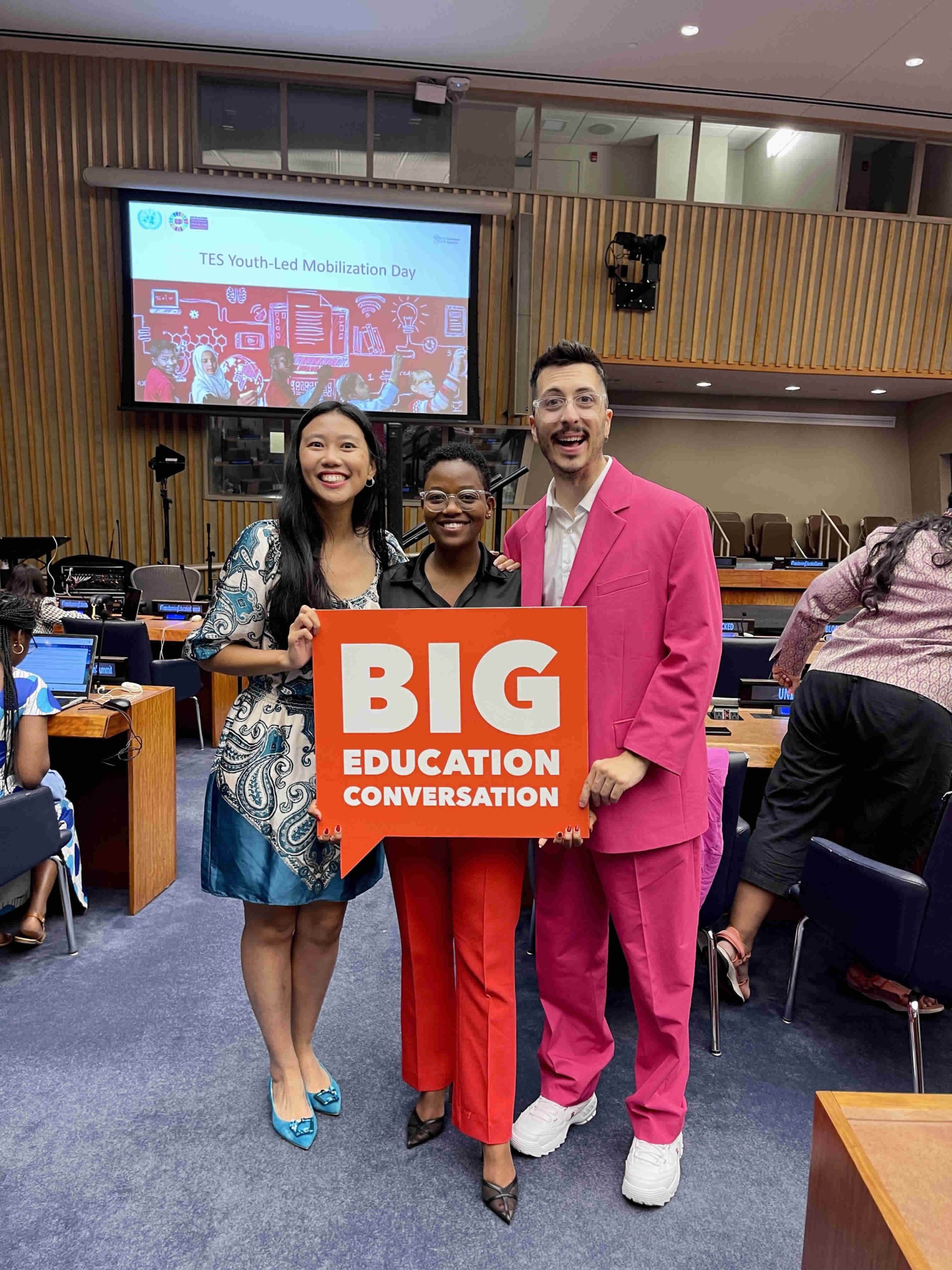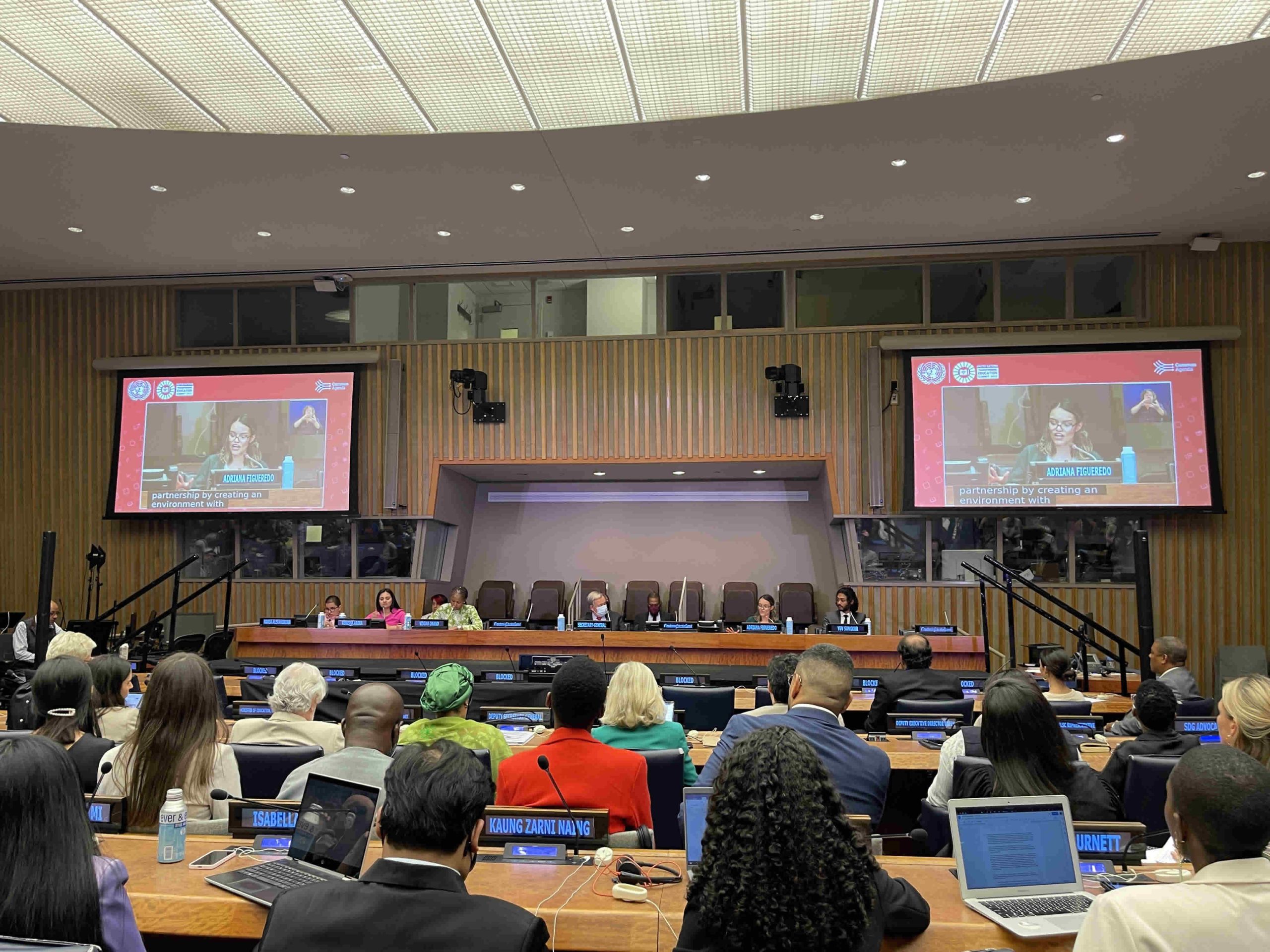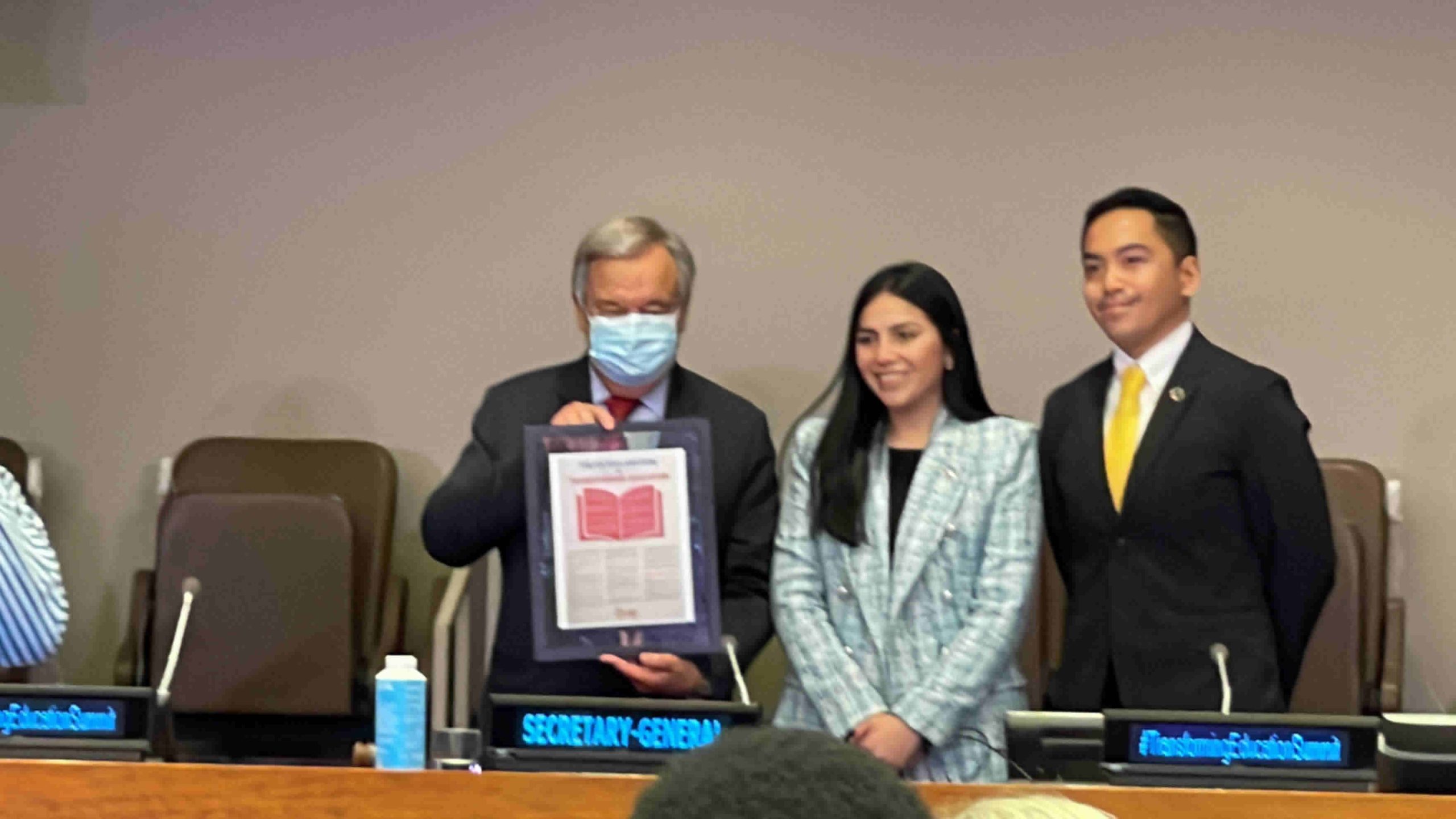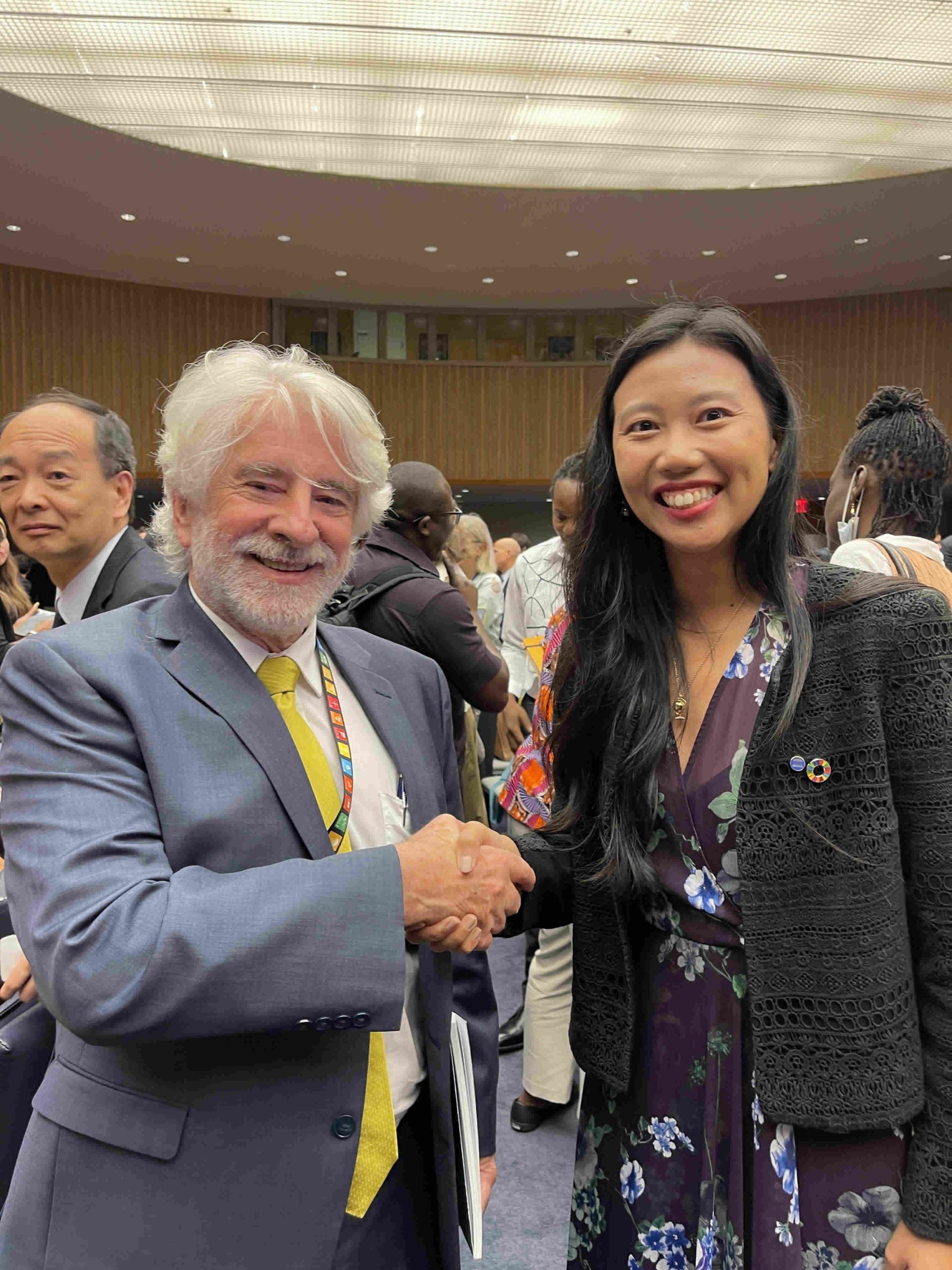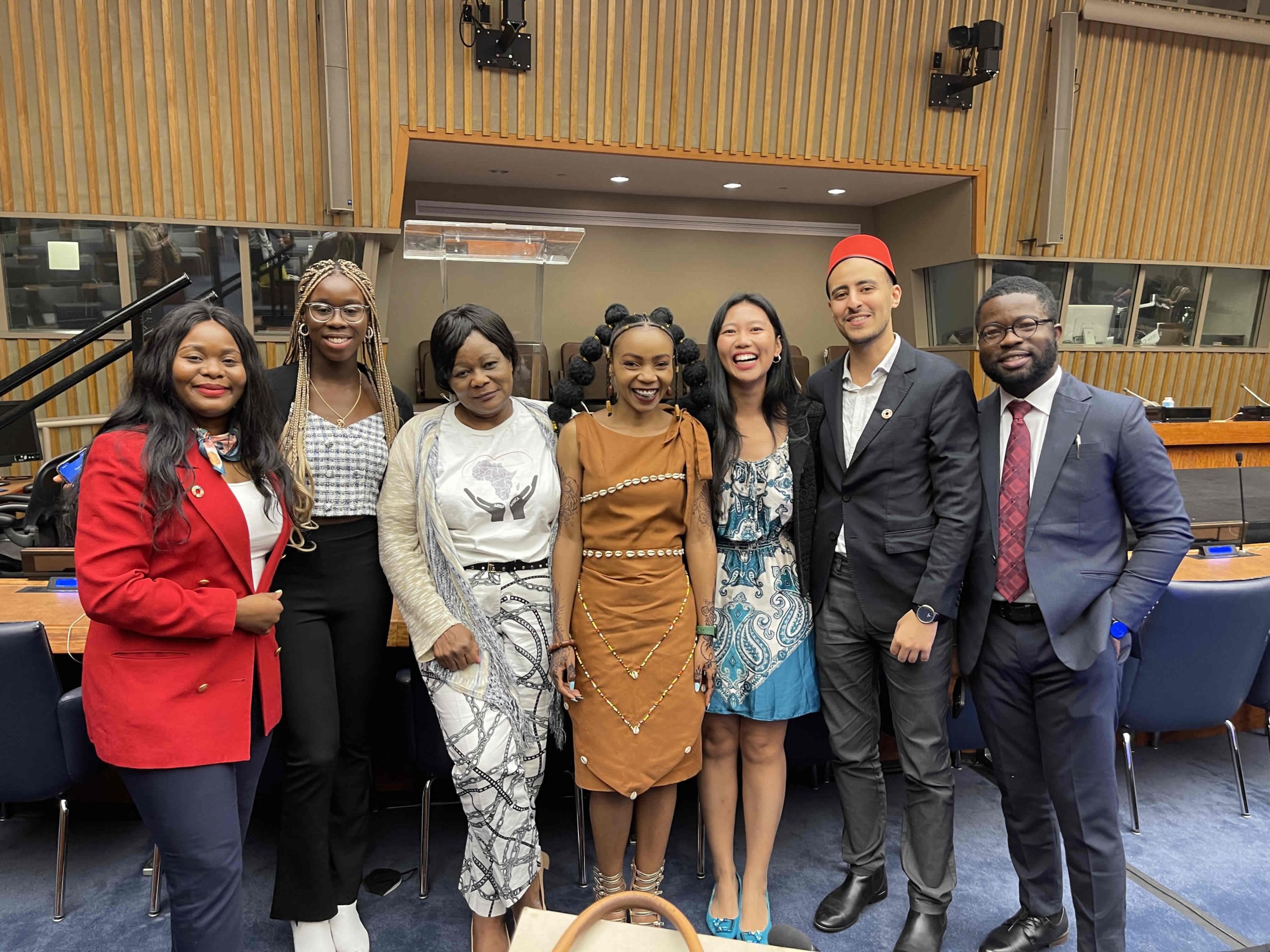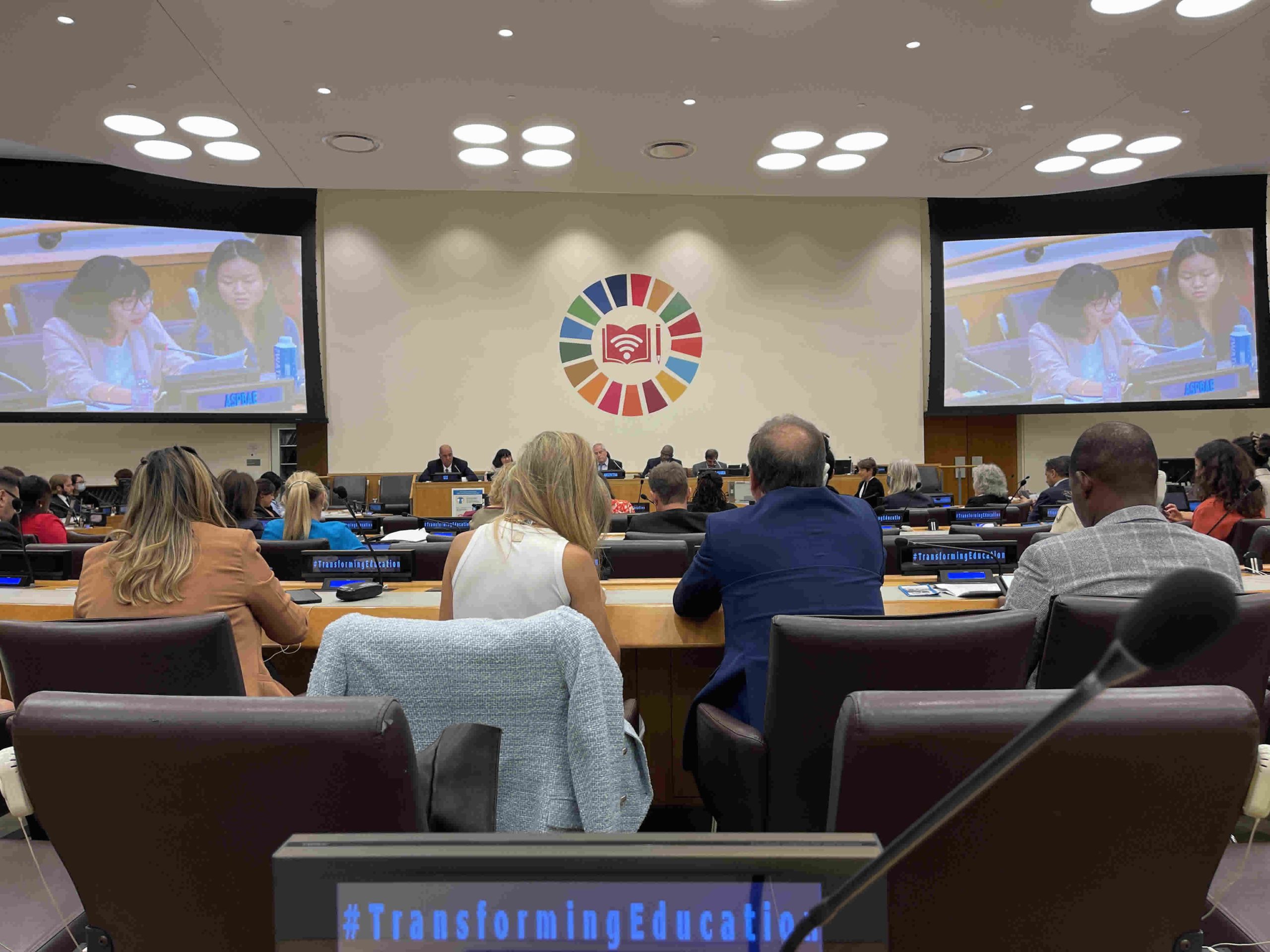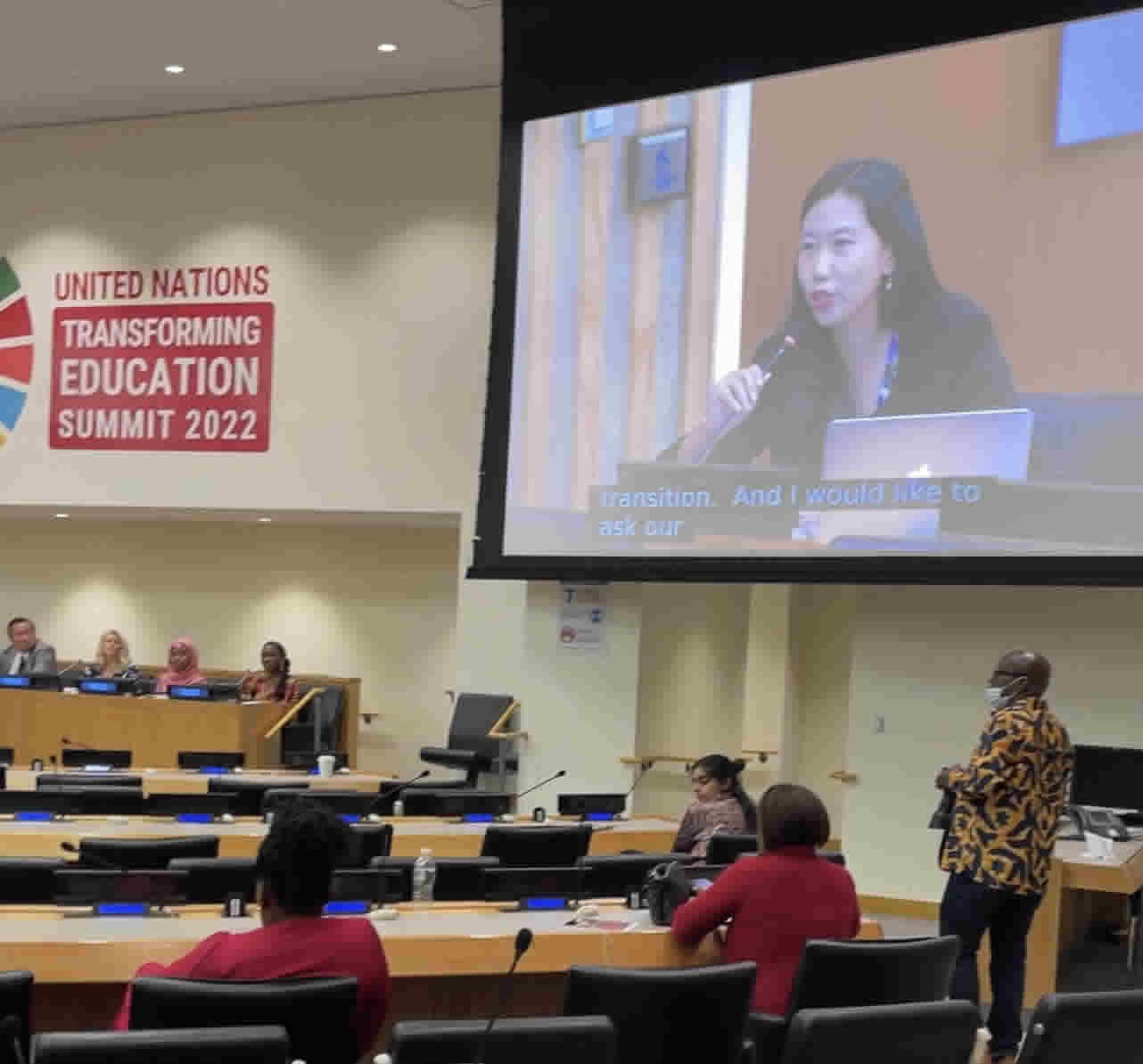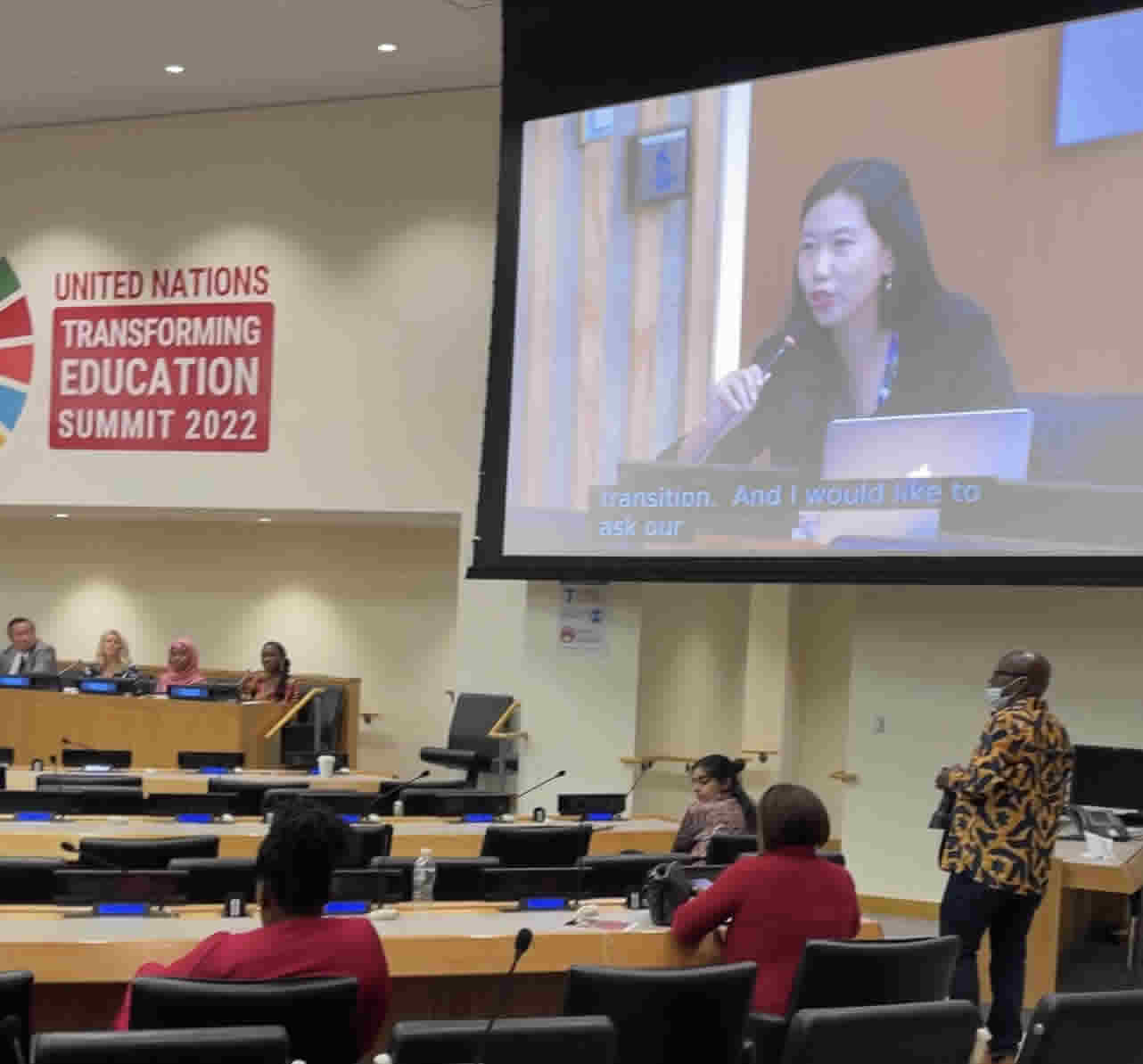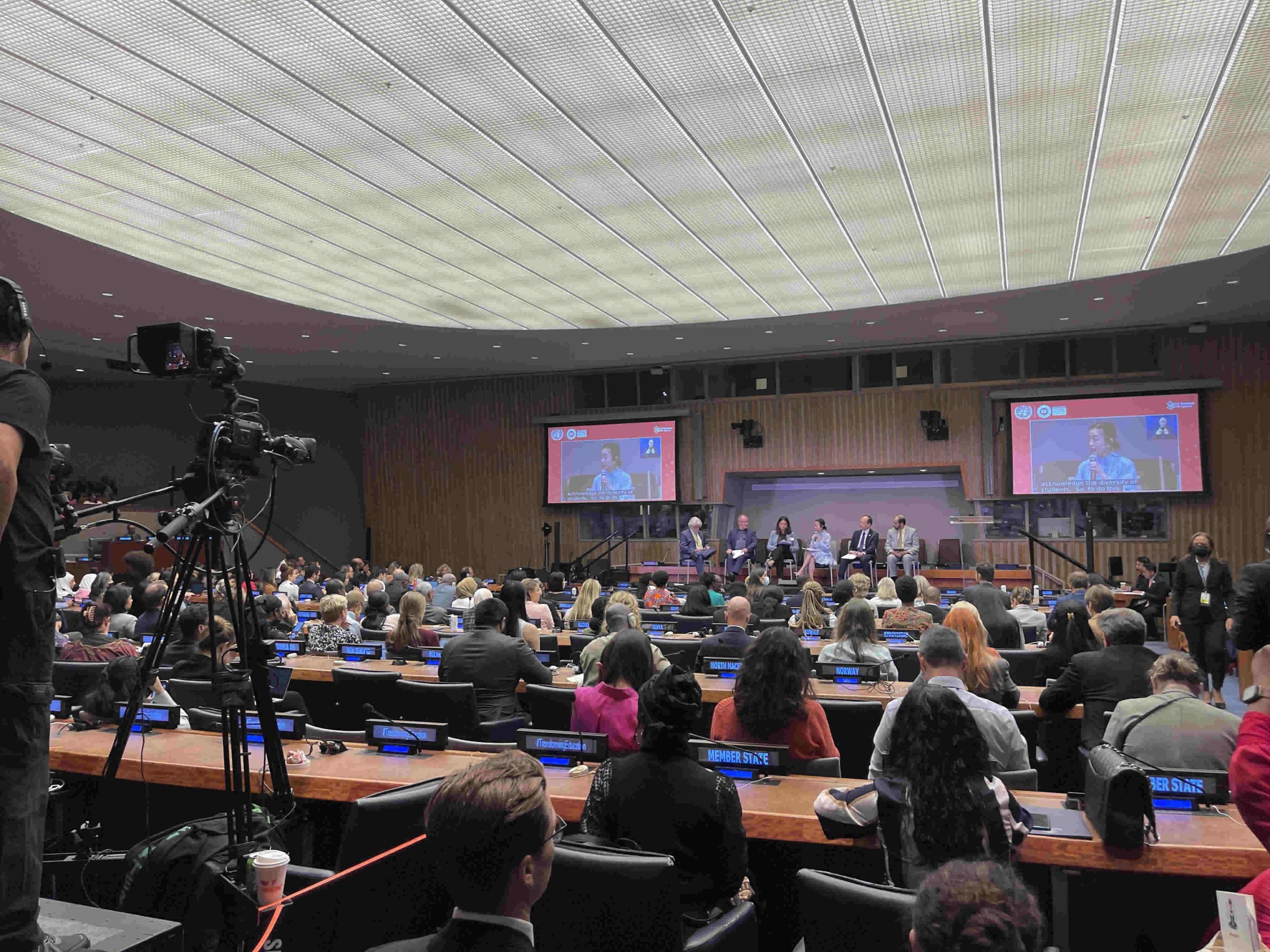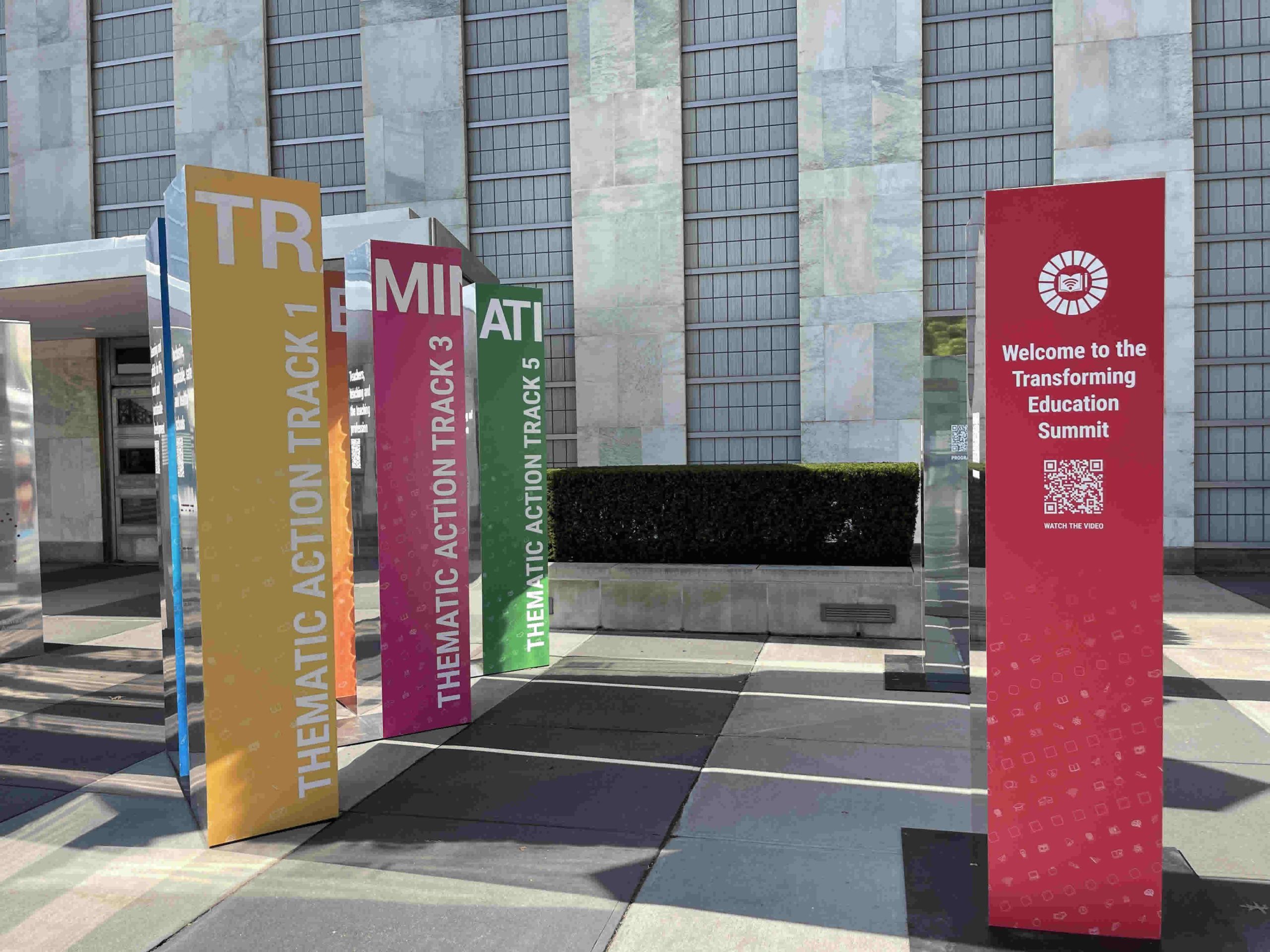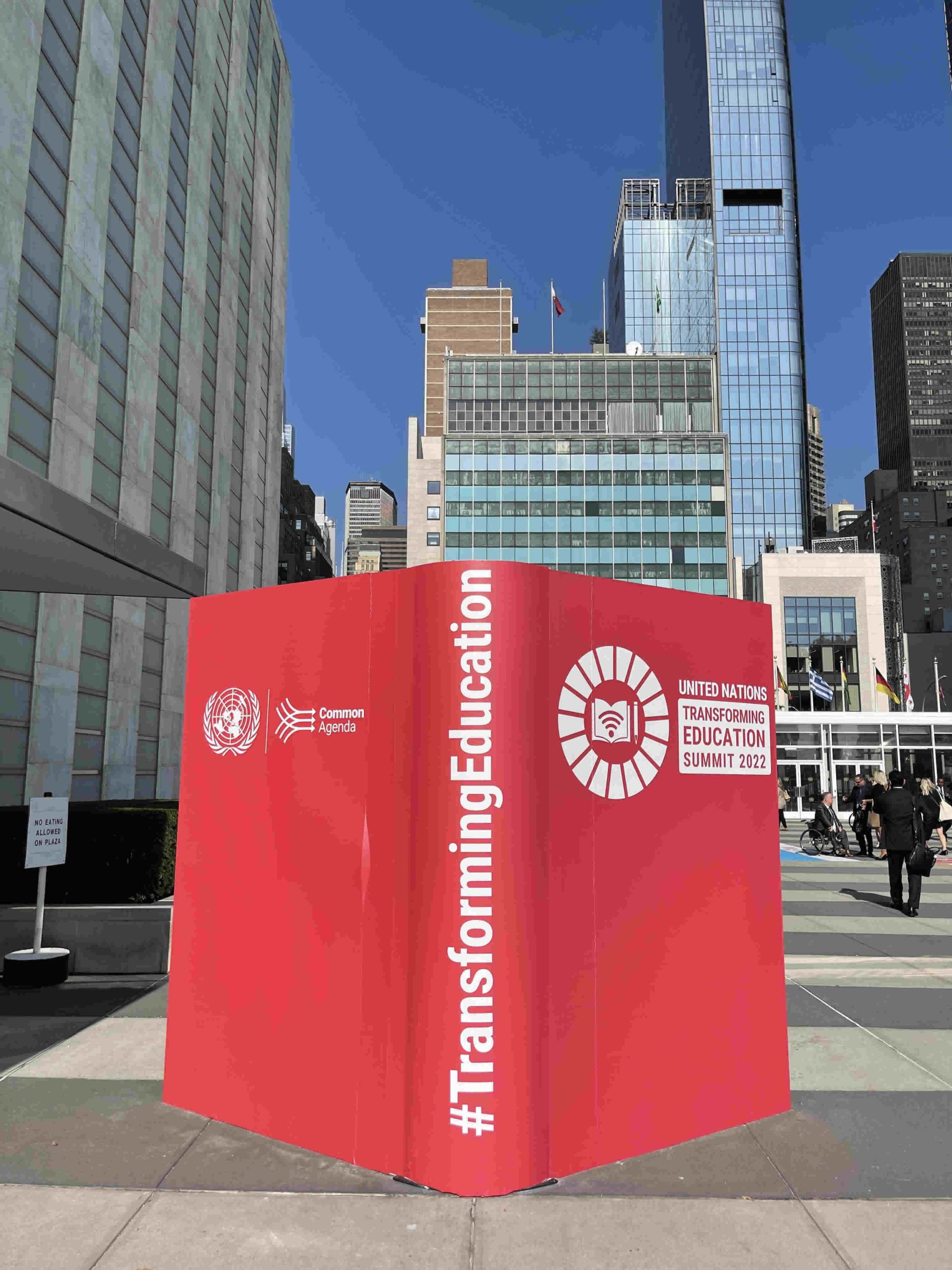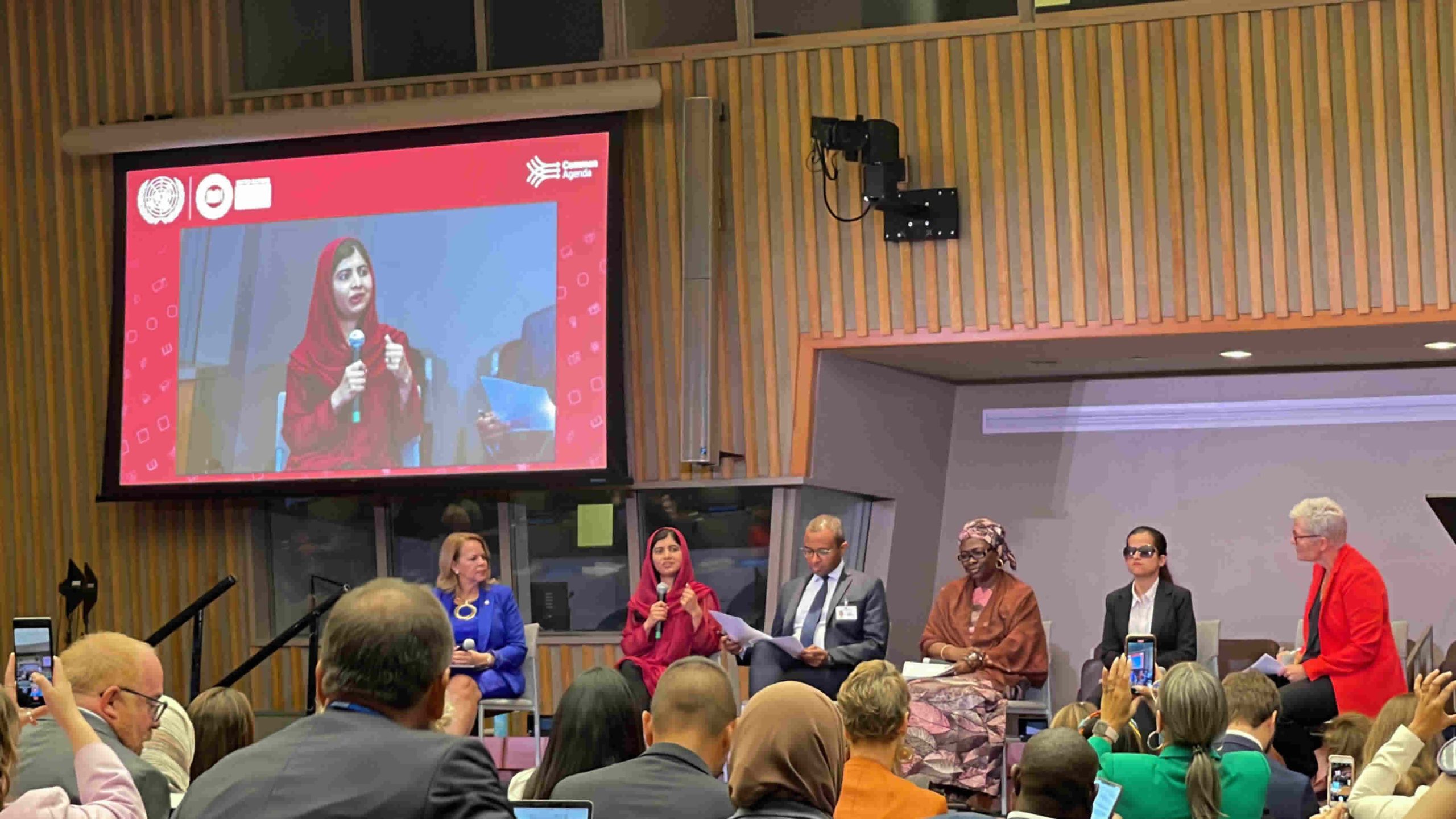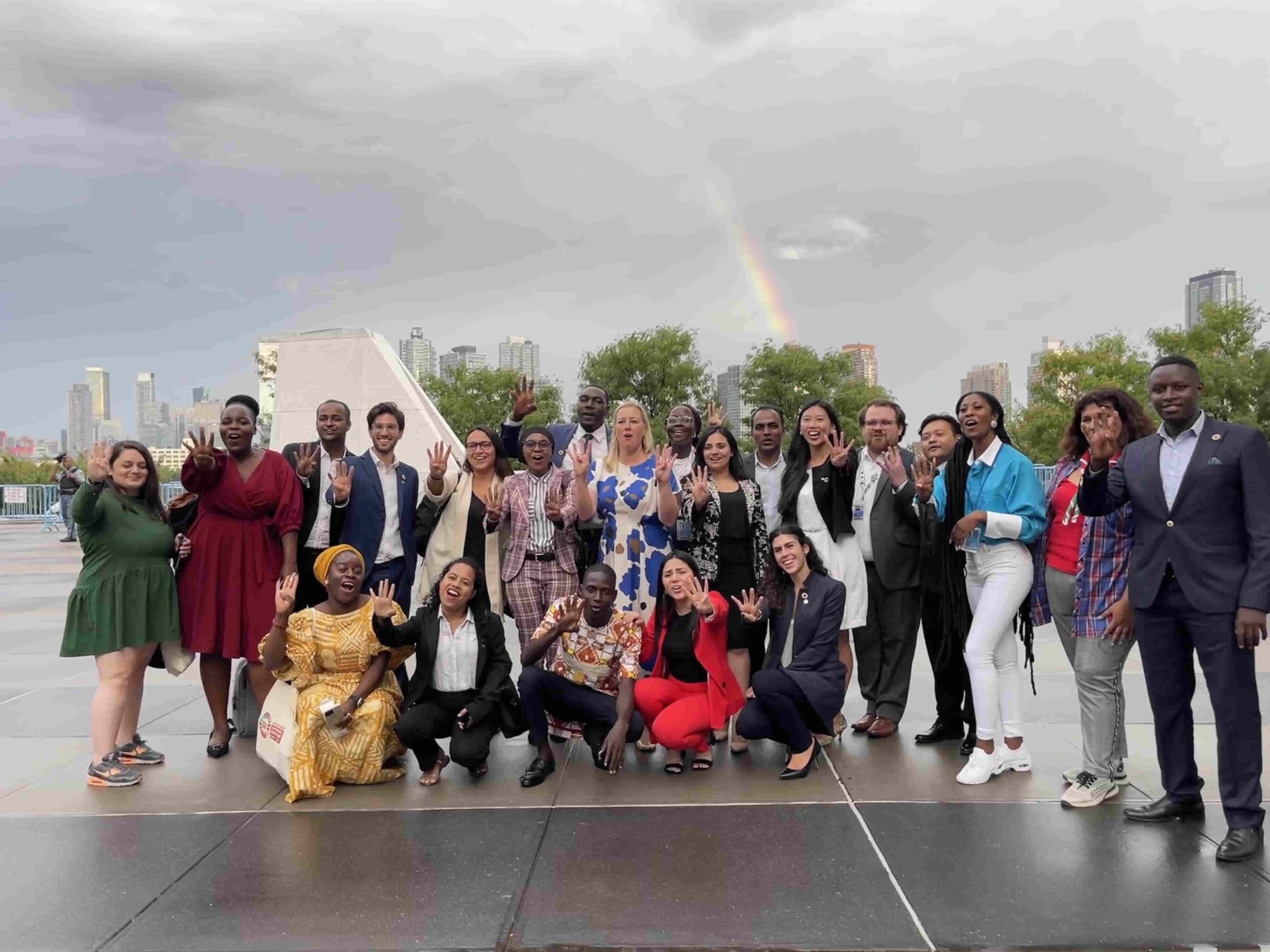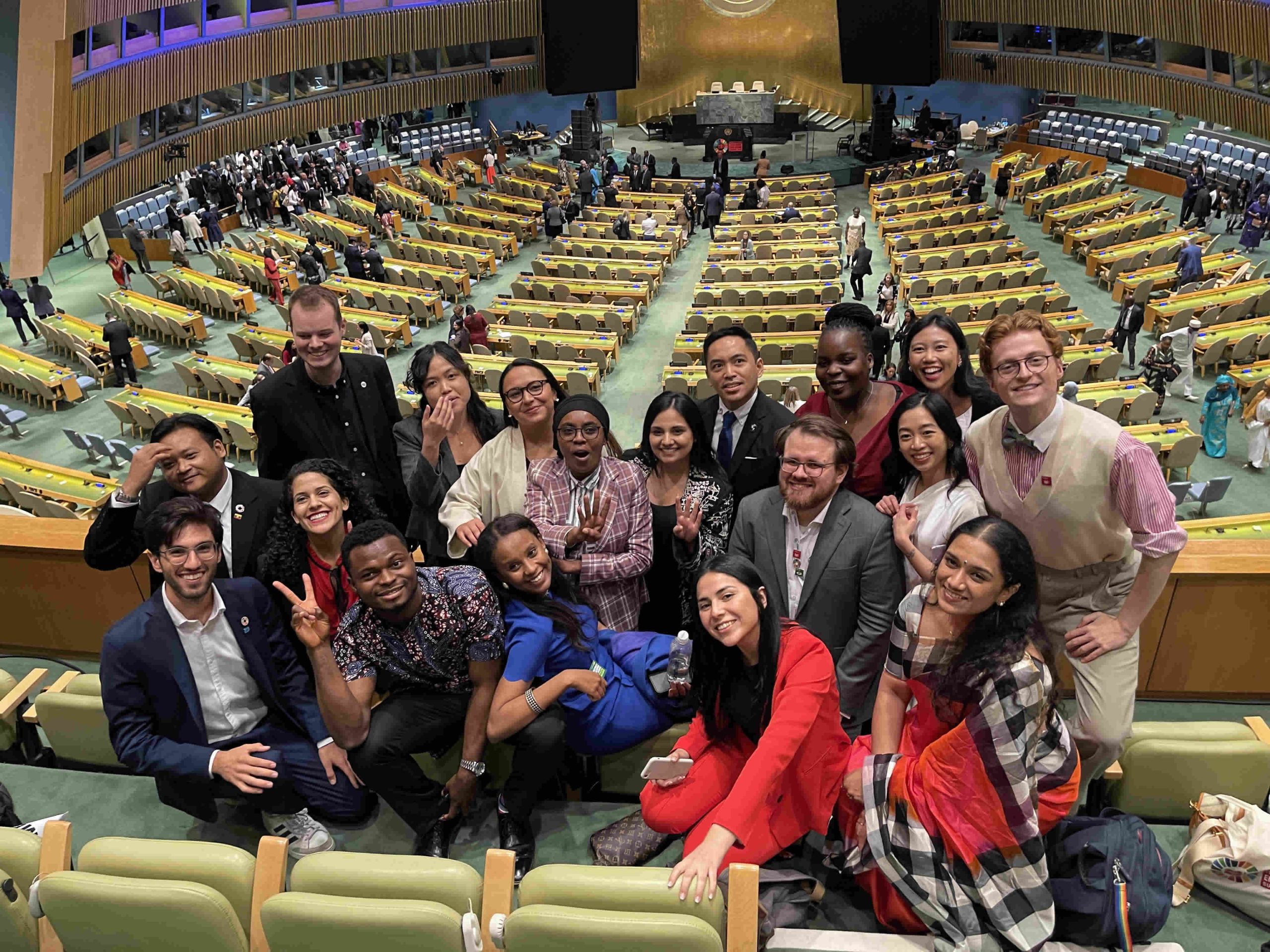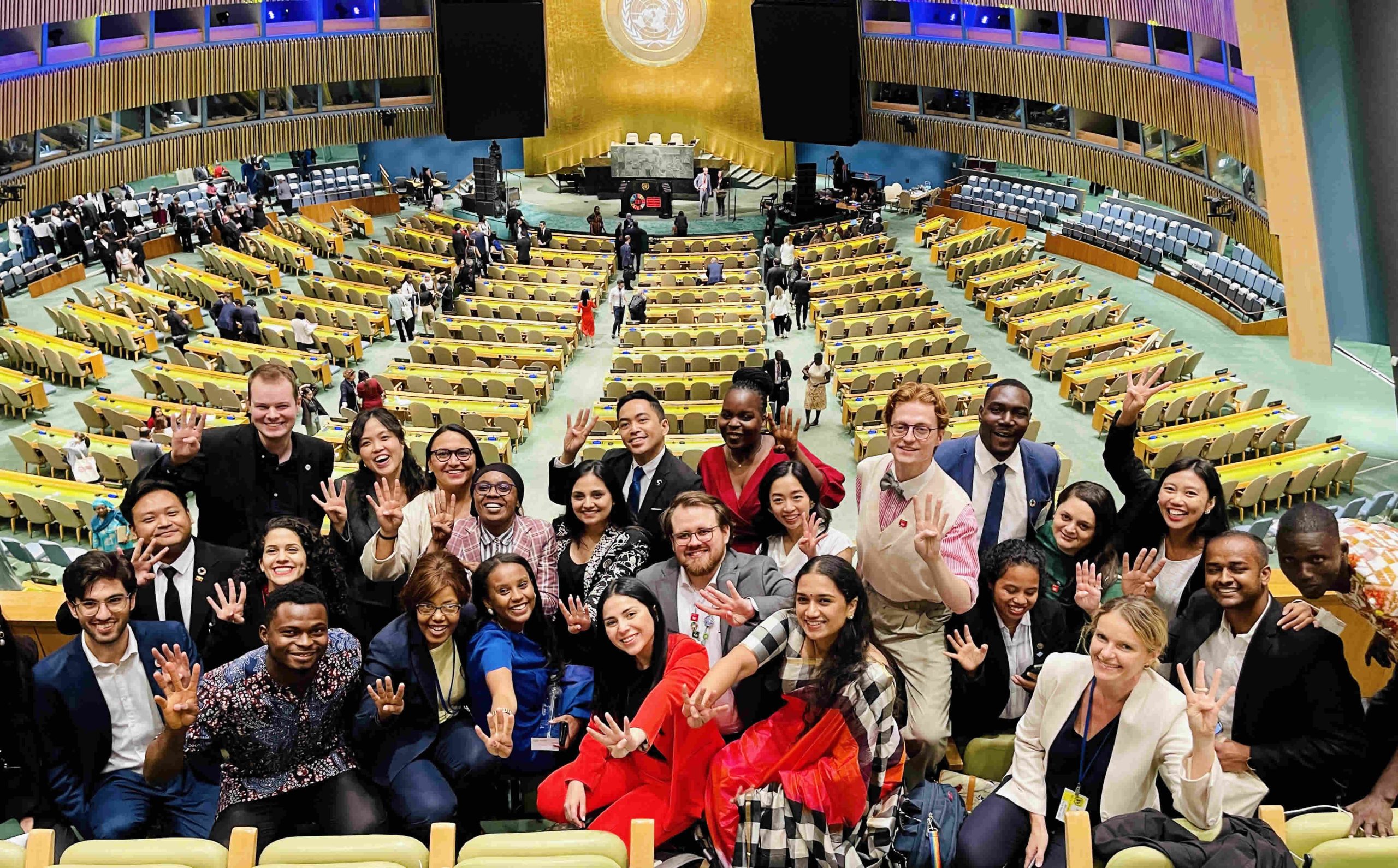Young People on Transforming Education Project
Promoting meaning engagement of youths in education decision making
Young People on Transforming Education Project (YPTEP), co-launched by UNESCO IESALC and UNESCO ICUA, is the materialization of the initiatives proposed at the Transforming Education Summit at the 77th United Nations General Assembly to elevate education to the top of the global political agenda and to mobilize action, ambition, solidarity, and solutions in a rapidly changing world.
Empowering young people to be meaningfully engaged for their own education and the education for future generations can propose innovative avenues to transform education. Yet such innovations in education can only be realized through multi-stakeholder support and contextualization in practices. Through global mapping and dialogues with different generations of learners and other education stakeholders, YPTEP provides insights and recommendations on innovative learning for the present, the post-pandemic era, and the broader future of achieving SDGs.
Global Mapping Surveys
Do you want to make contributions on improving student learning efficiency? As part of YPTEP, these surveys support the UNESCO global mapping exercise in order to identify good practices on innovative learning.
Nominate Yourself
Have you ever used
innovation in your learning?
Share your story today!
Please select your language
of submission by clicking
on the button below.
Nominate
Others
Have you ever known a
good practice of innovative
learning from other
learners? Share to the
world today! Please select
your language of
submission by clicking on
the button below.
Intergenerational Dialogues
YPTEP inter-generational dialogues are organized in two categories – by themes and by geographical regions. Thematic Dialogues include a) Kickoff Dialogue; b) Dialogue for Women and Girls; c) South-South Dialogue; and are organized by UNESCO at a multi-national or multi-regional scope. Local Dialogues – at communal, institutional, national, and regional levels – can be hosted youth leaders, the Member States, UNESCO or UNESCO partners. Dialogues are generally organized for 1.5 hours, inviting different generations of learners to share past, current, and future practices in innovating education.
Events
News

